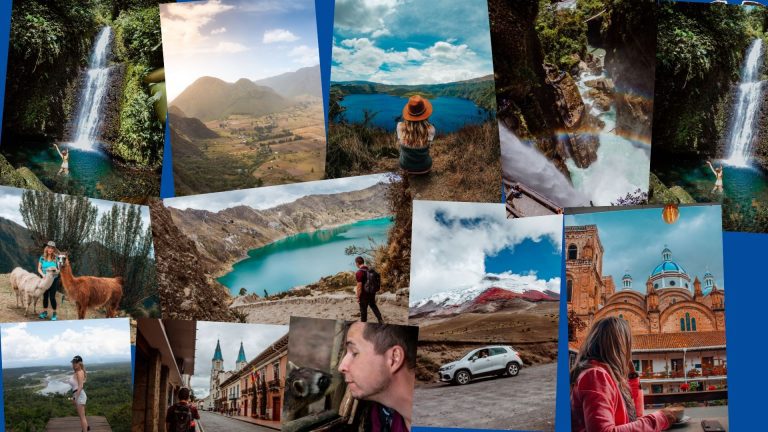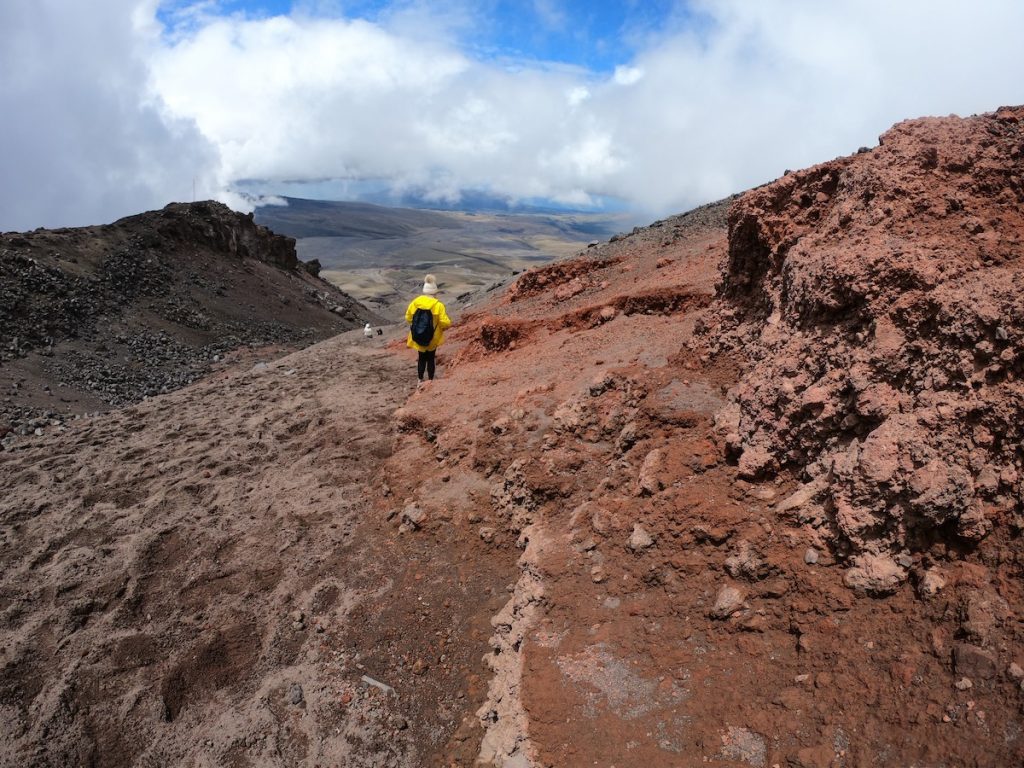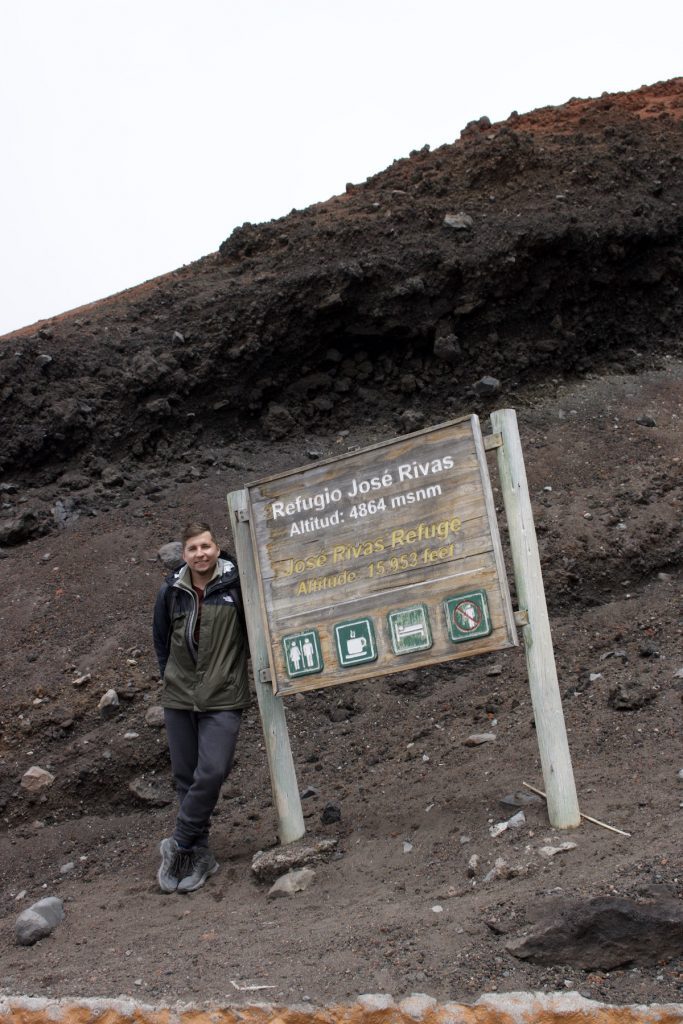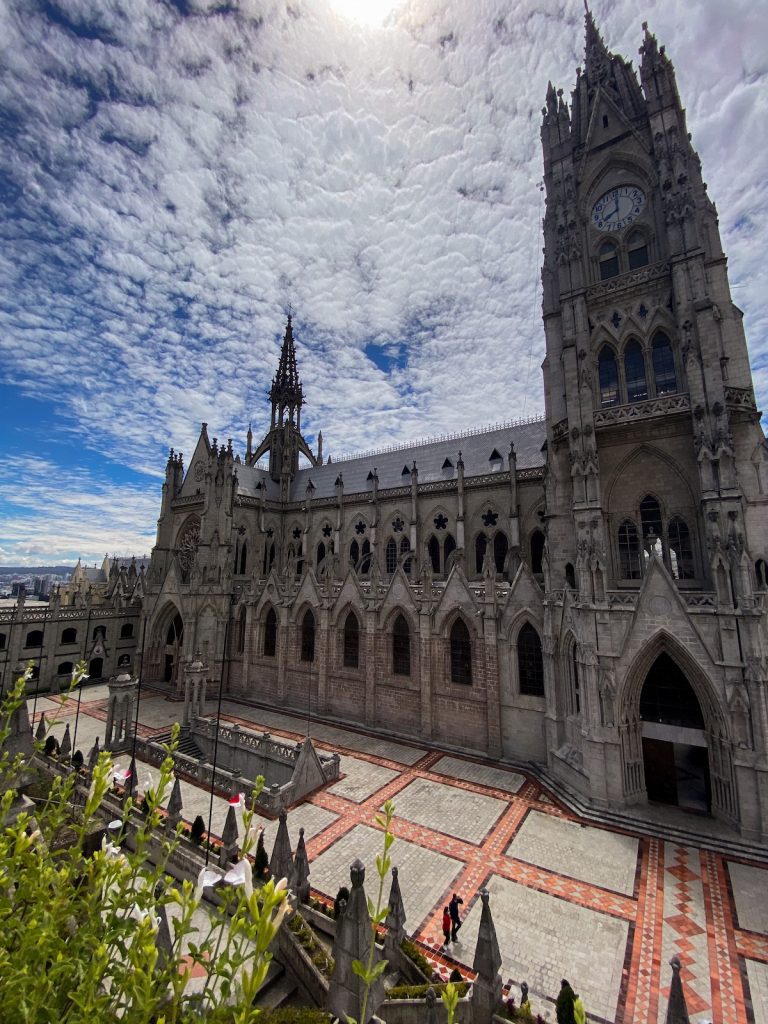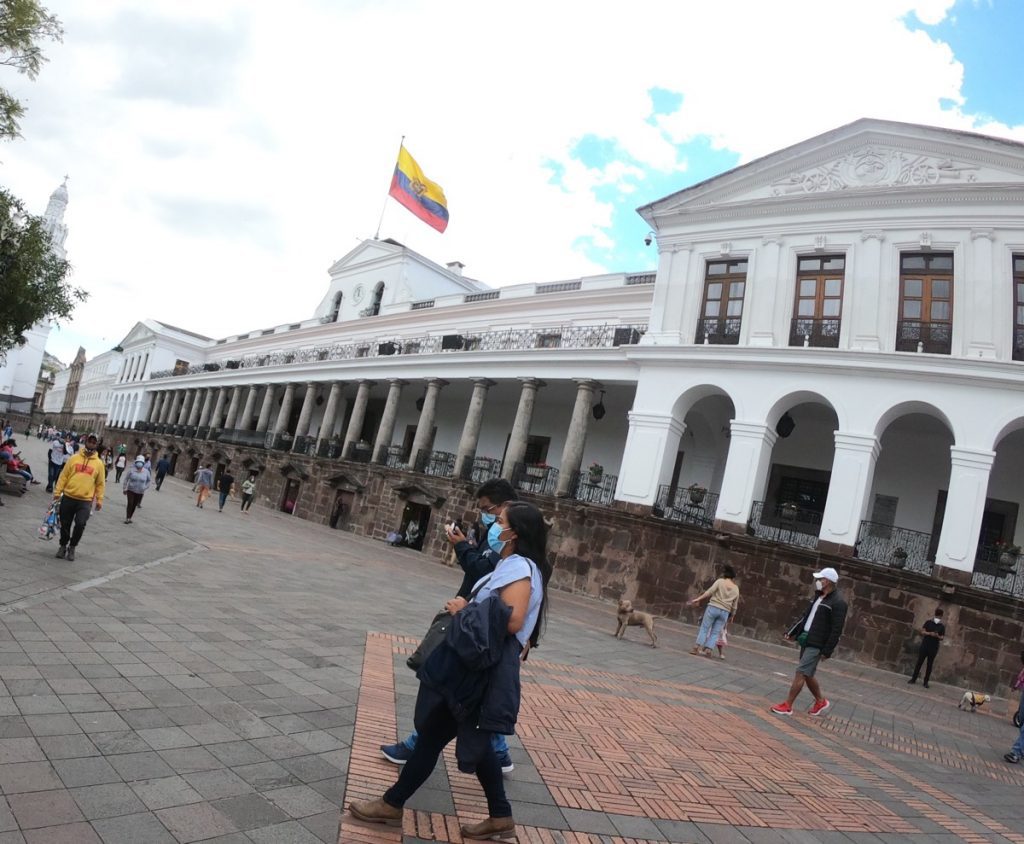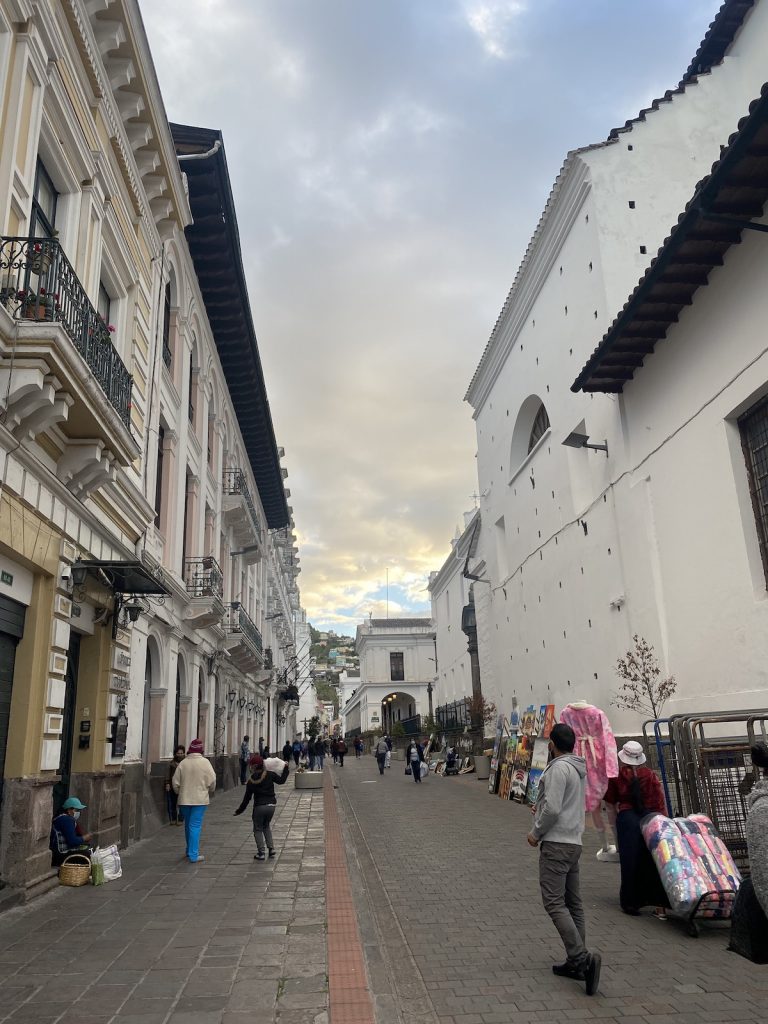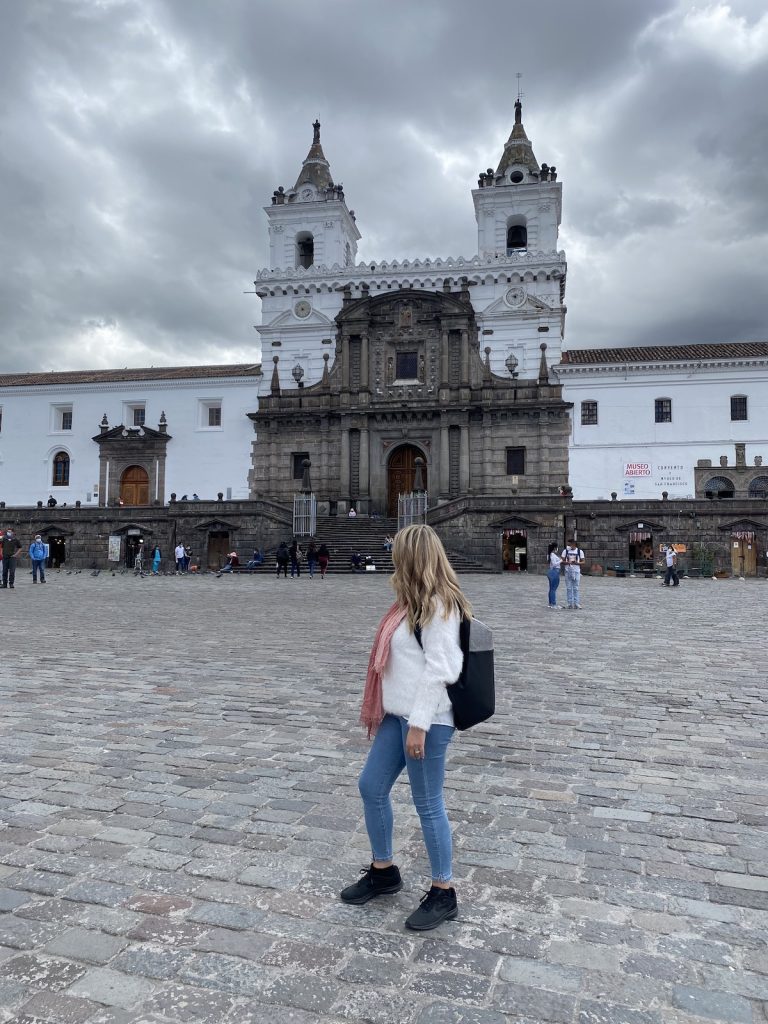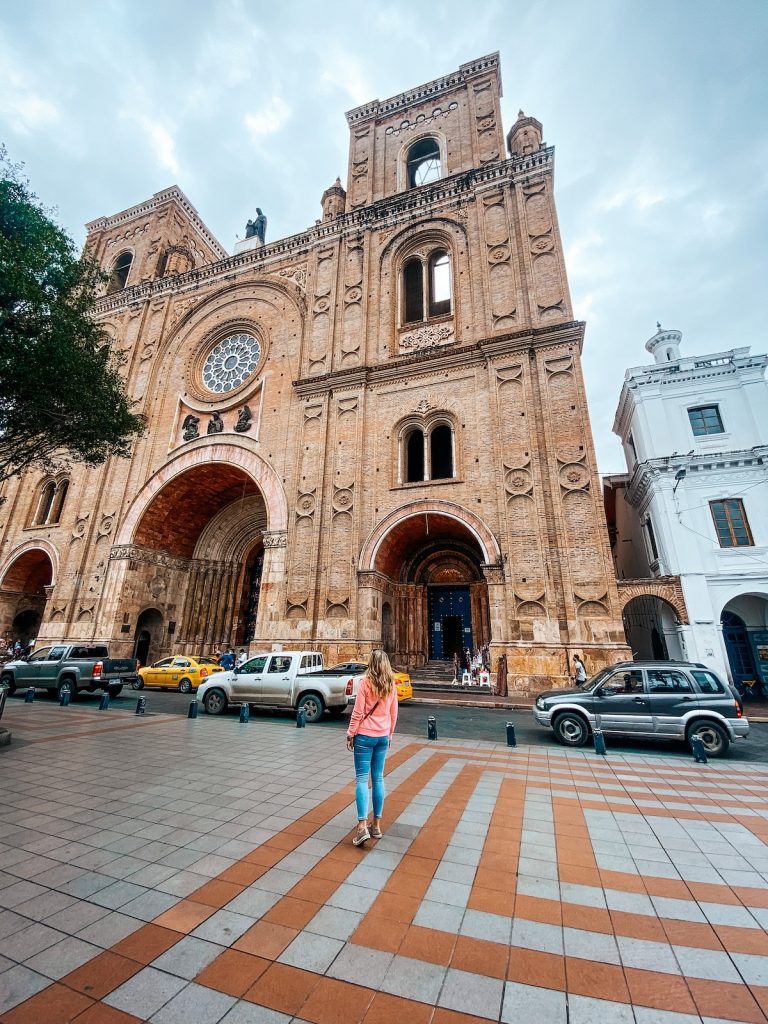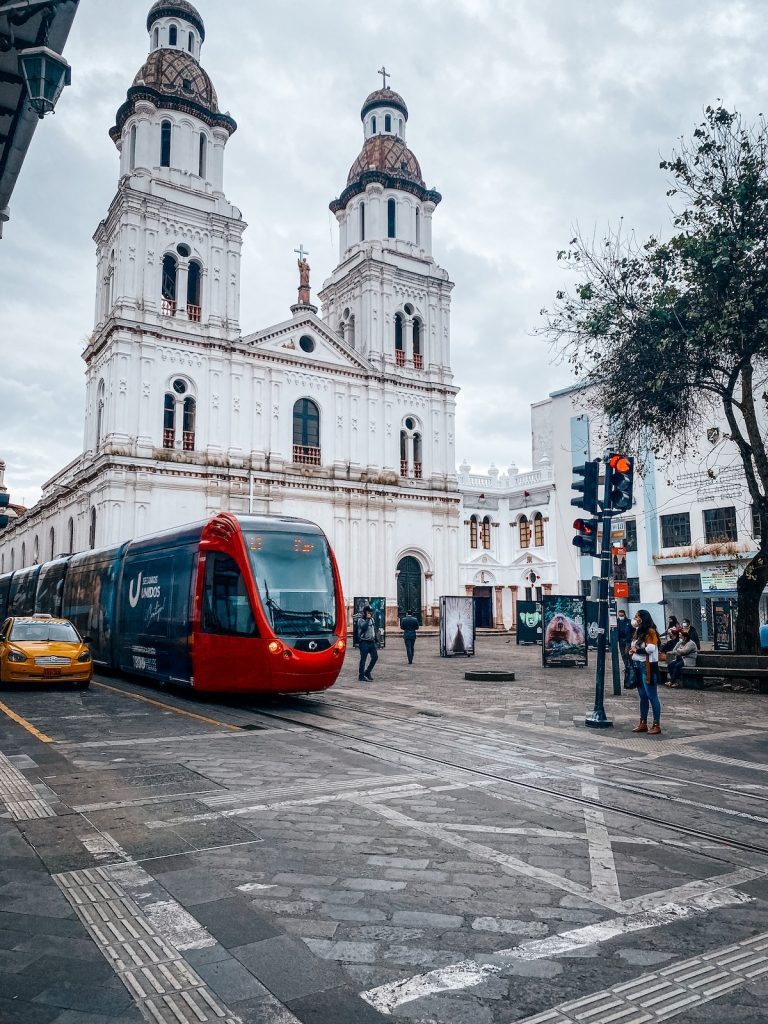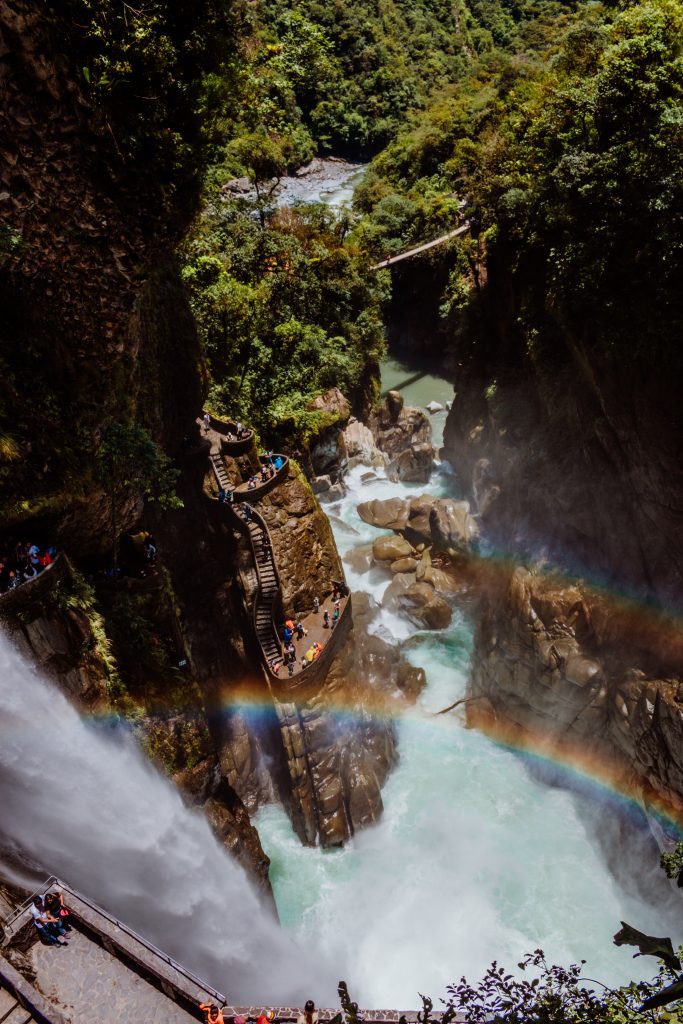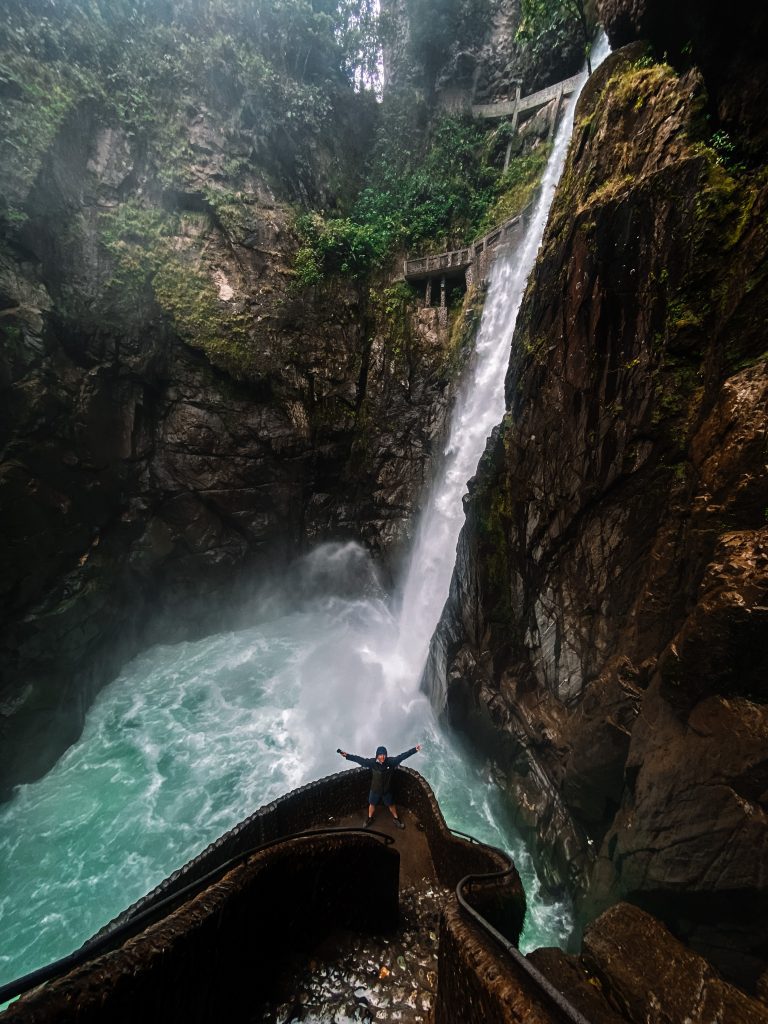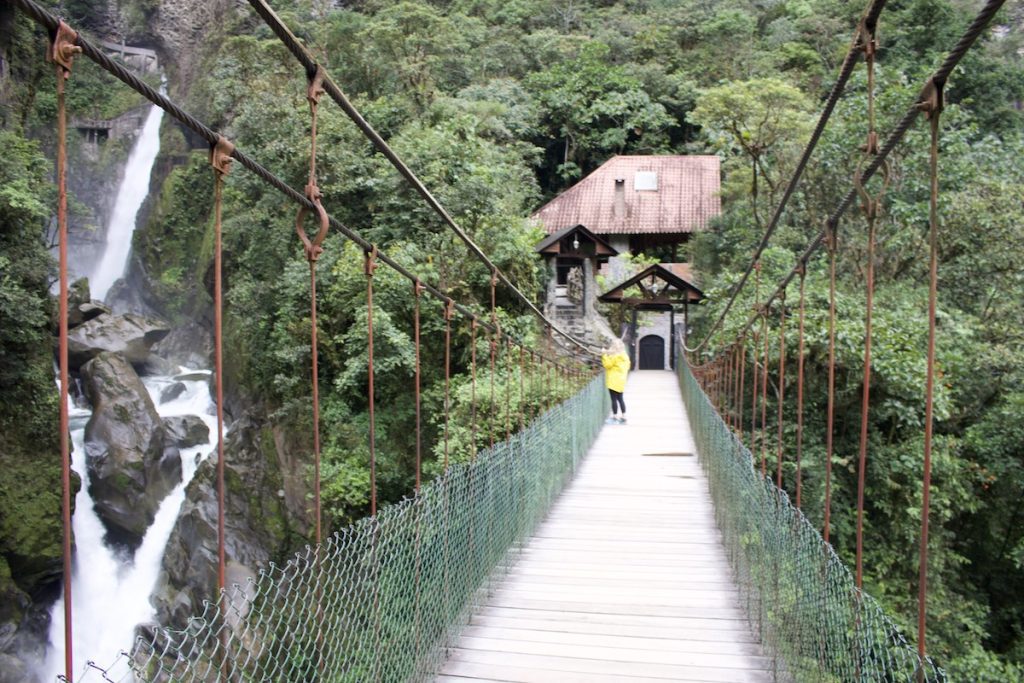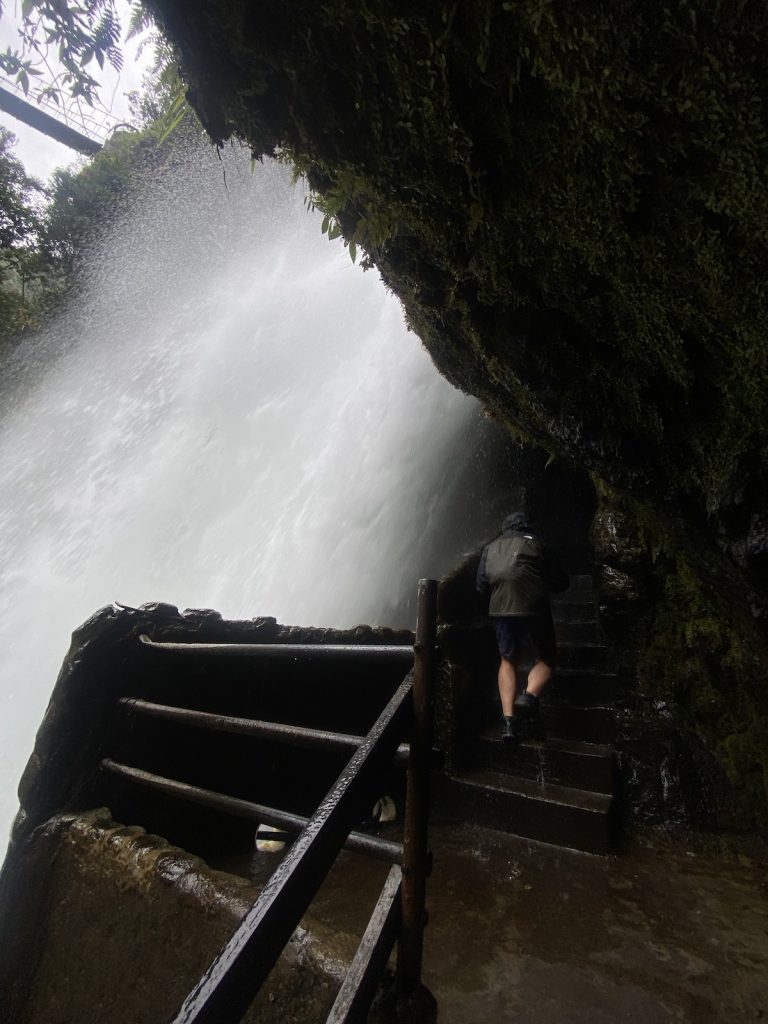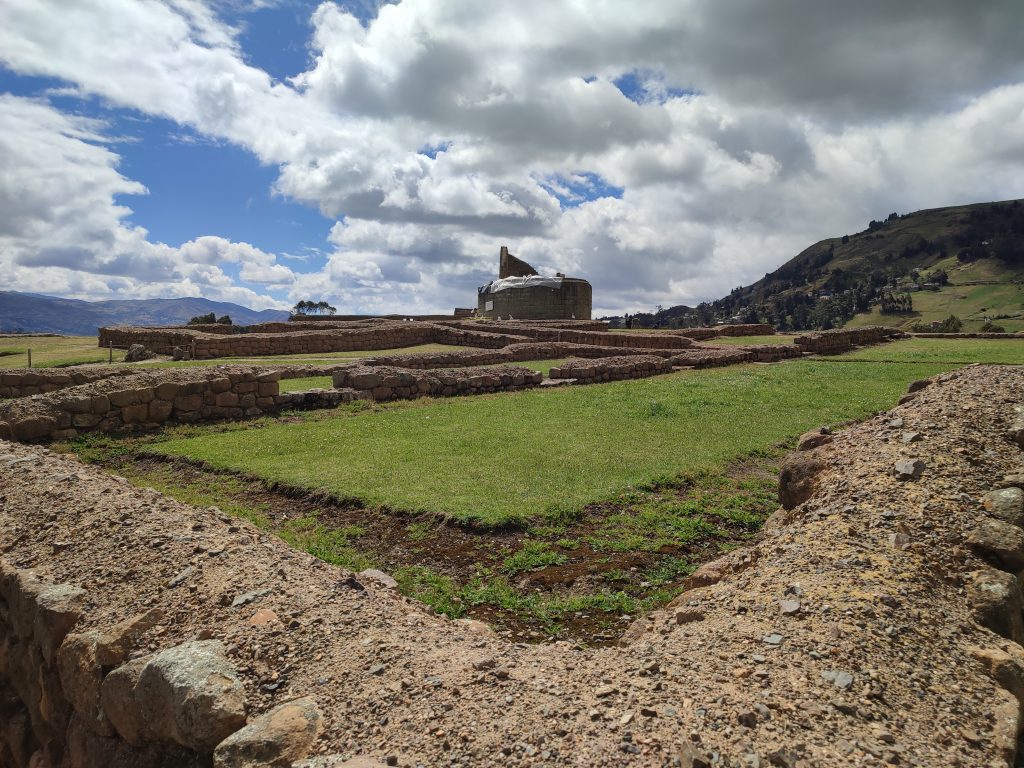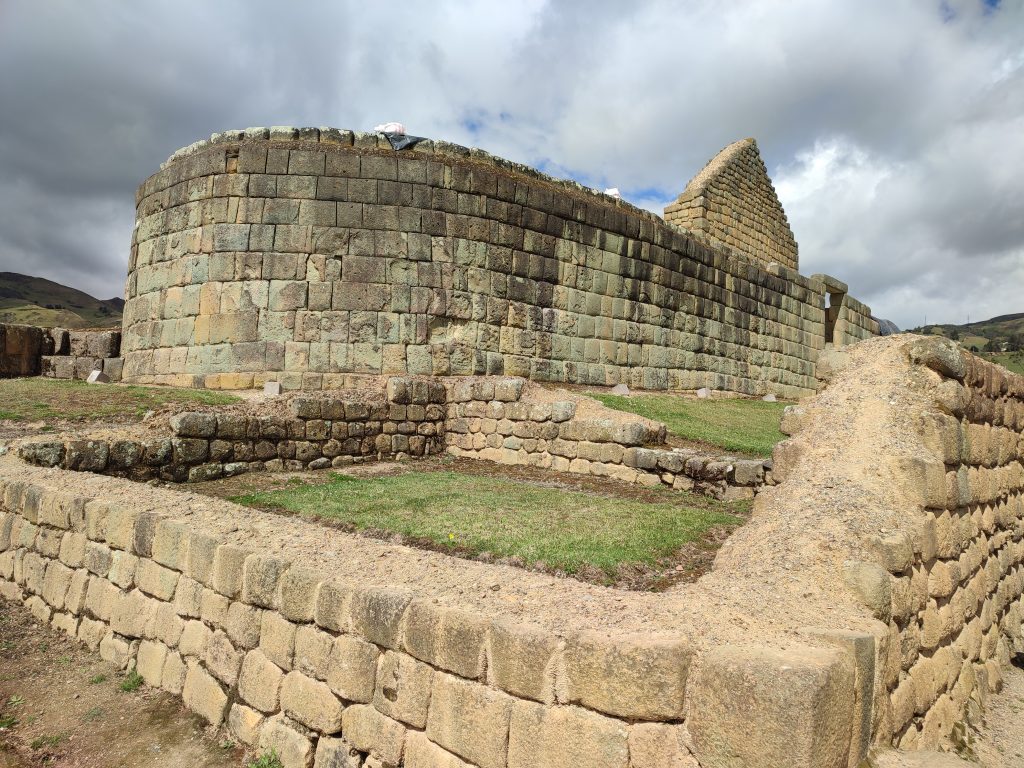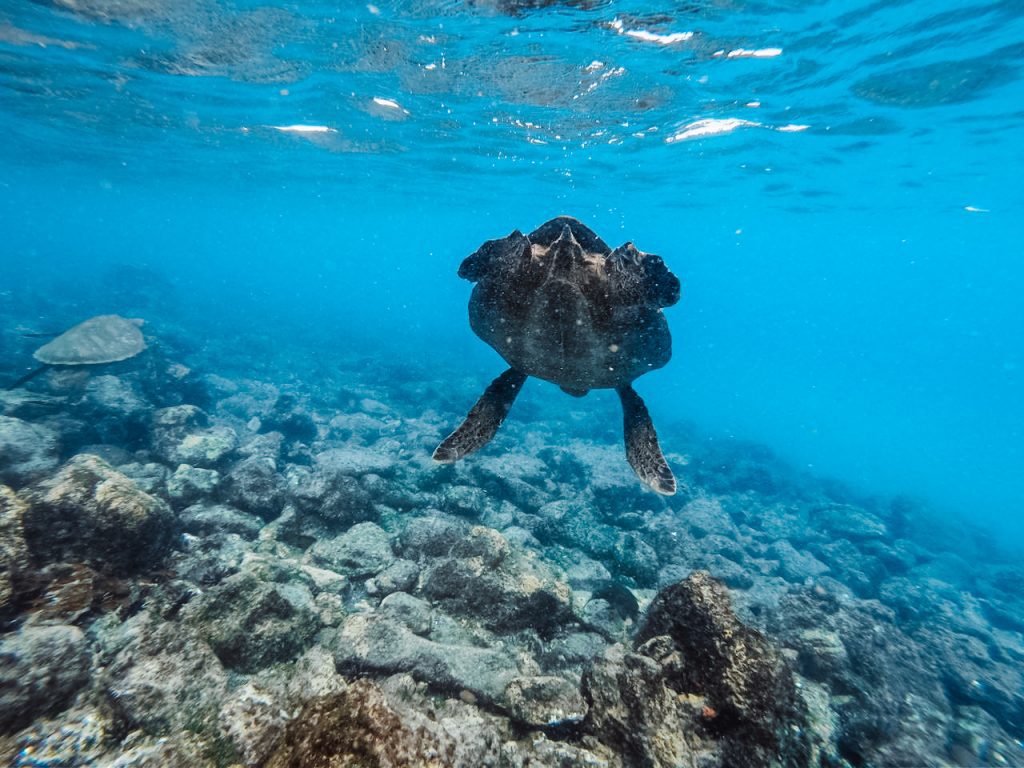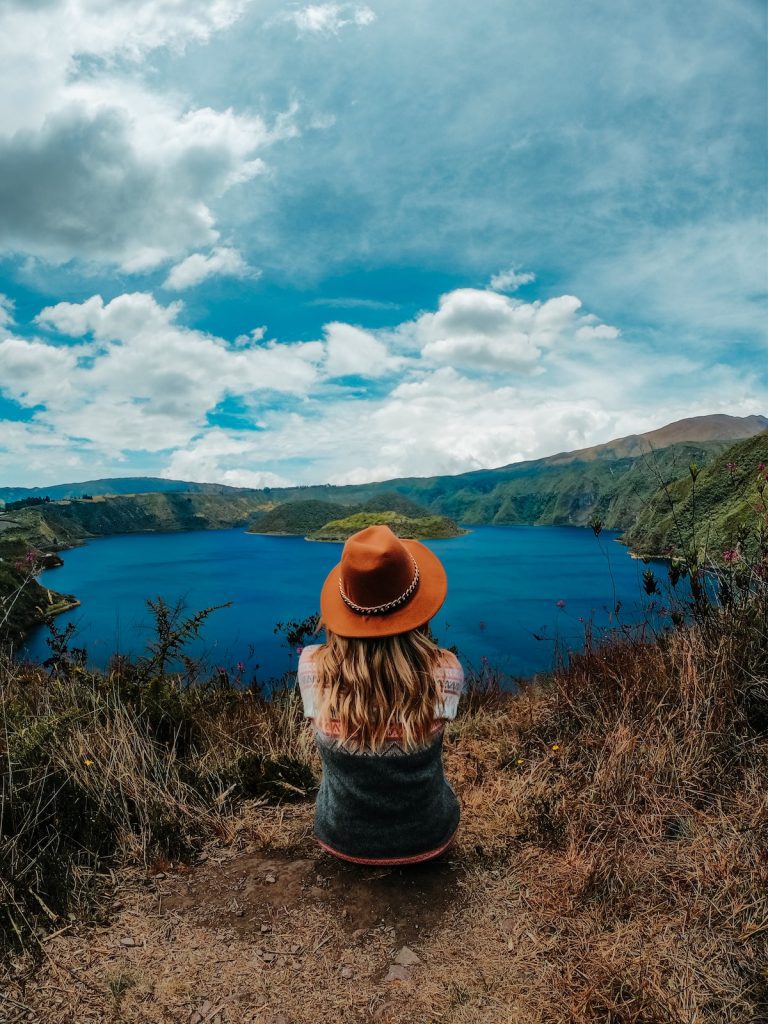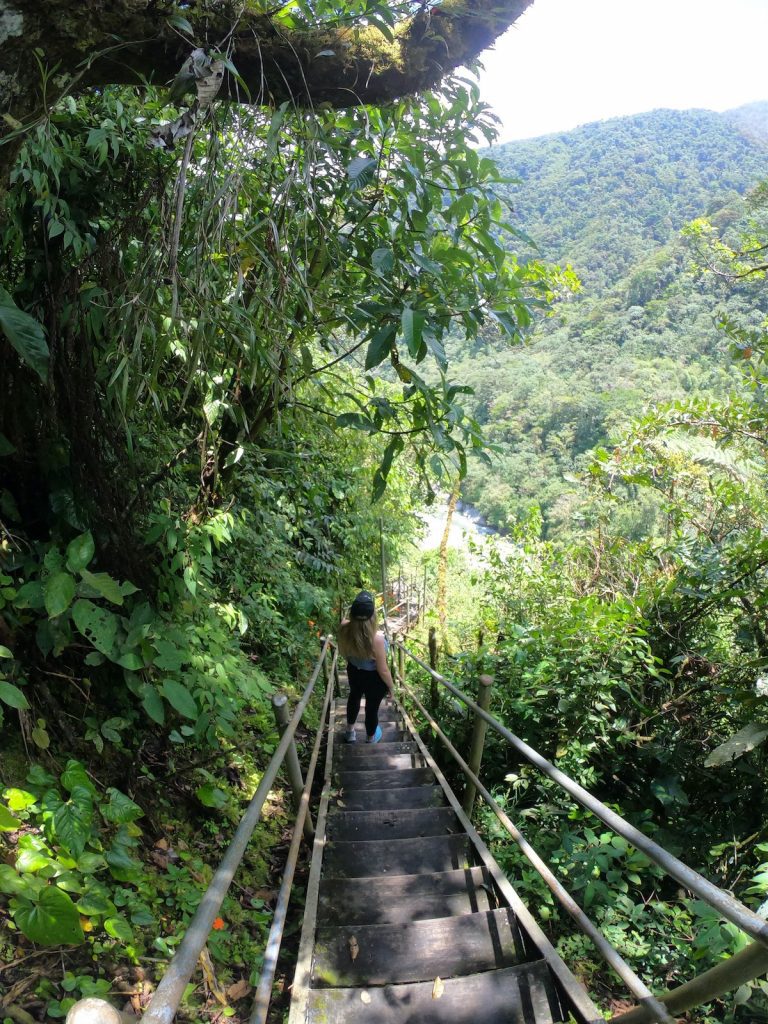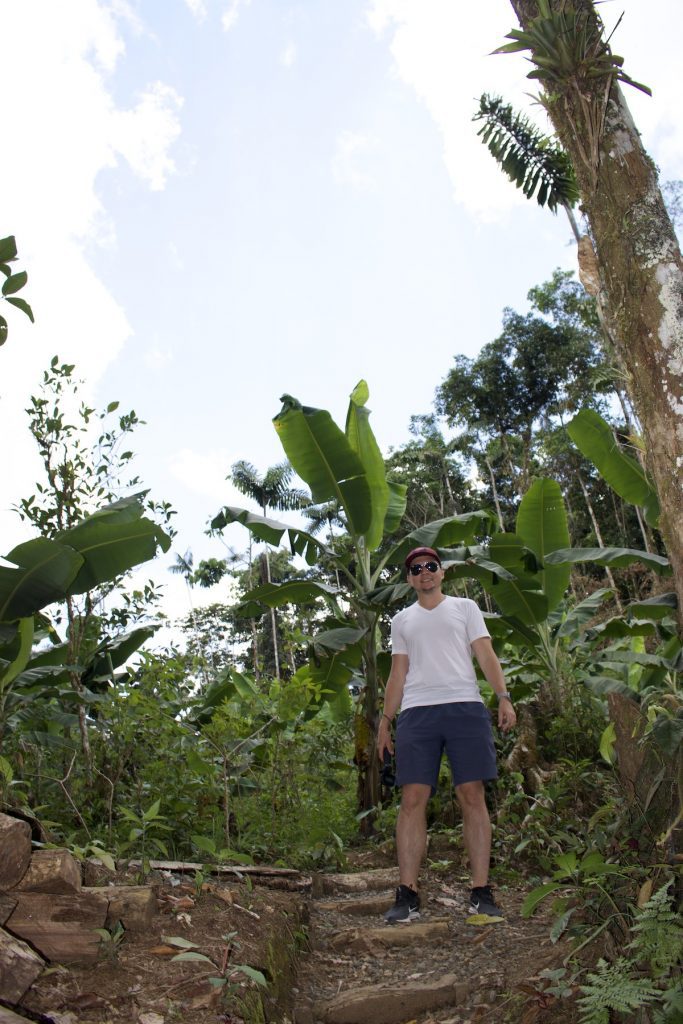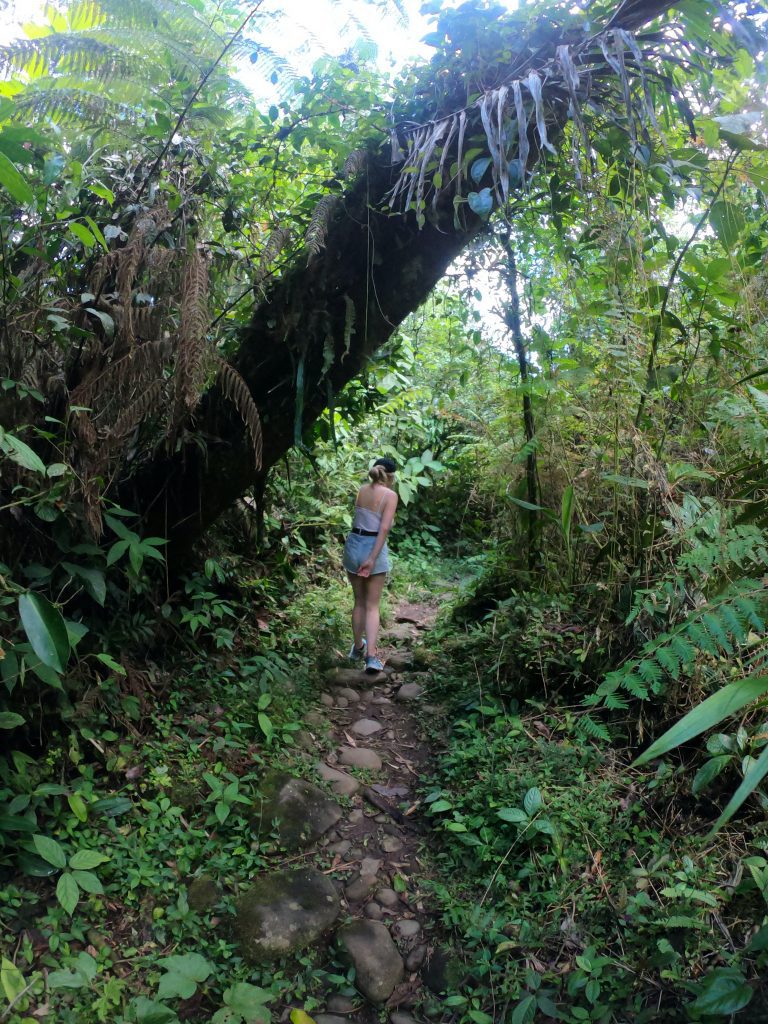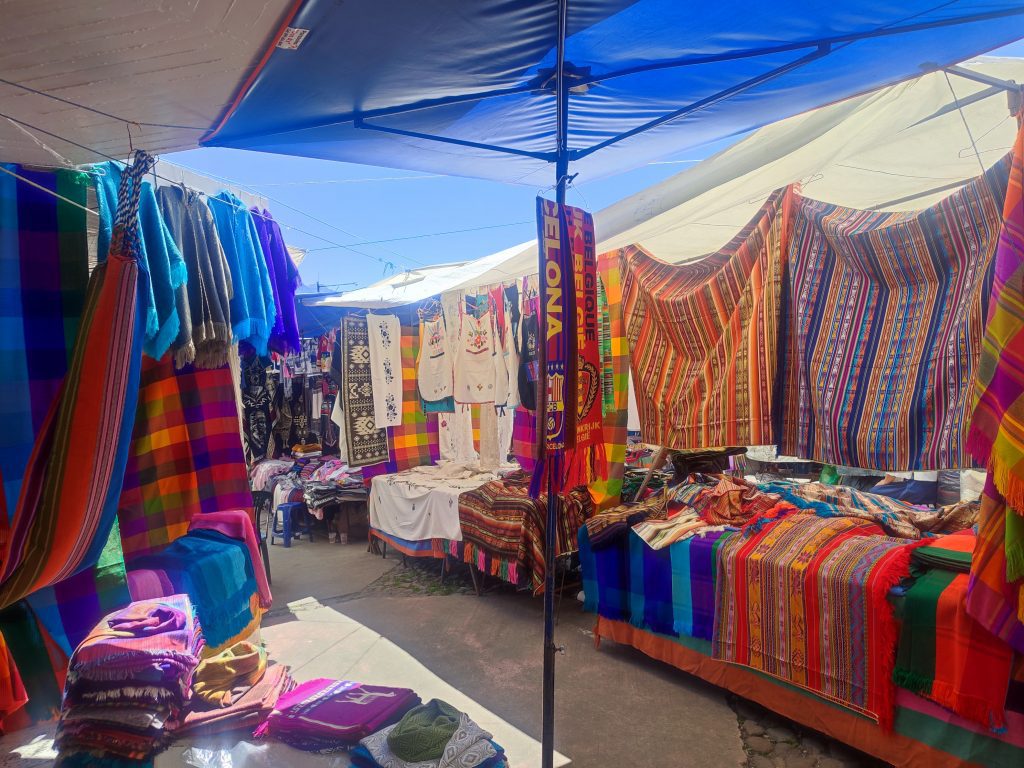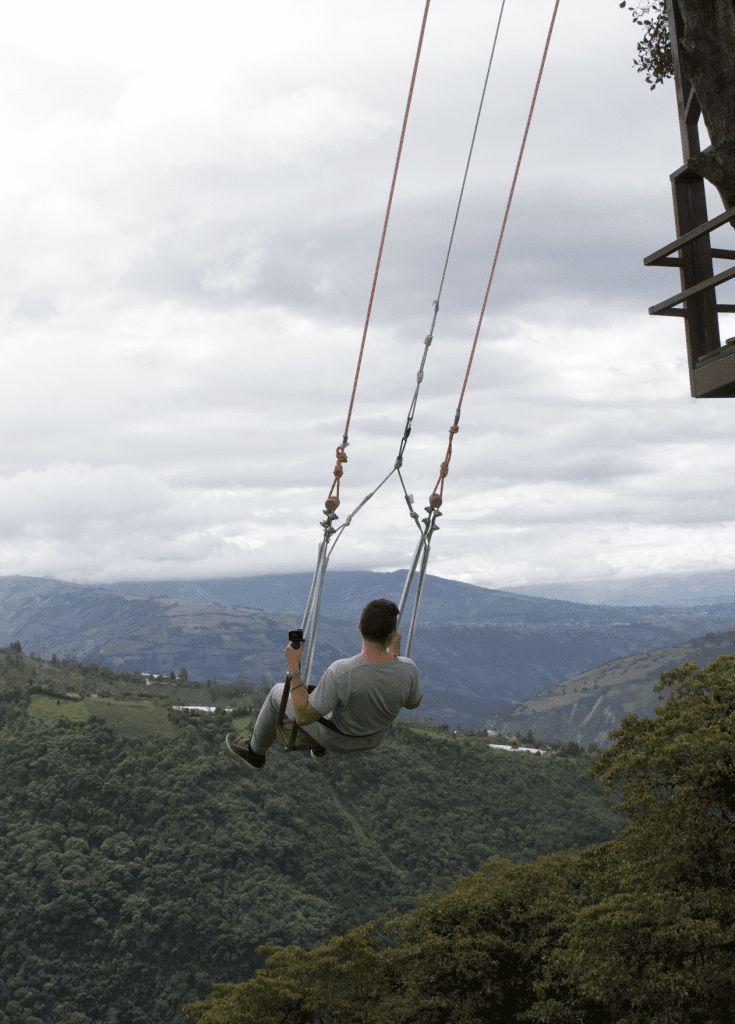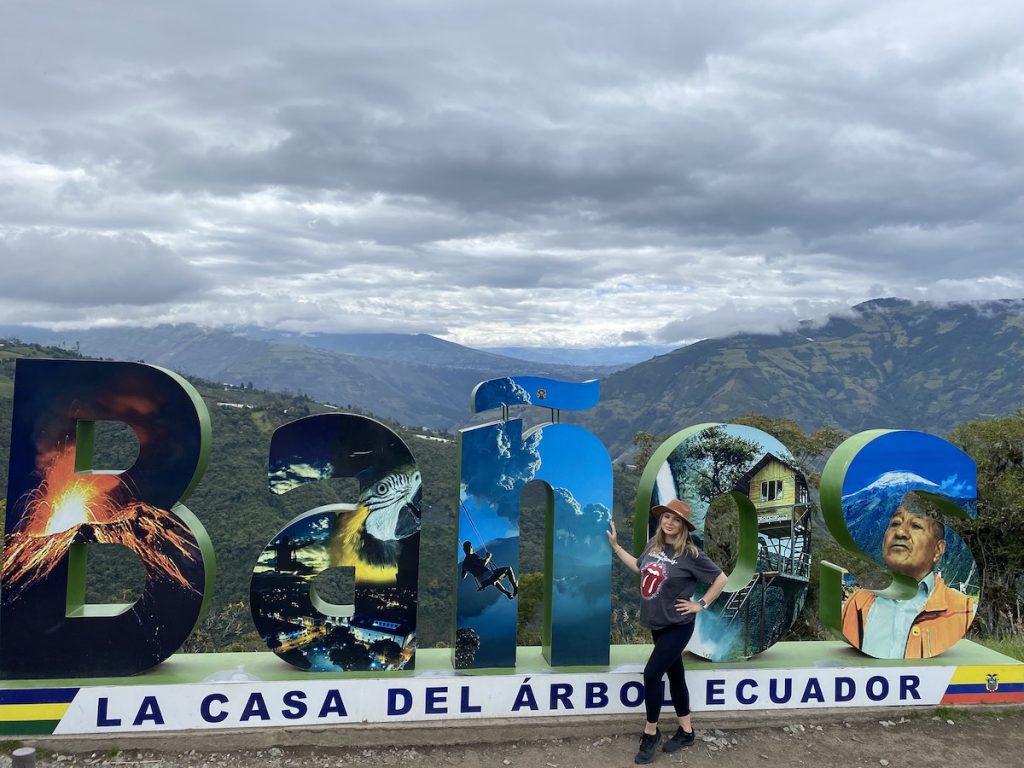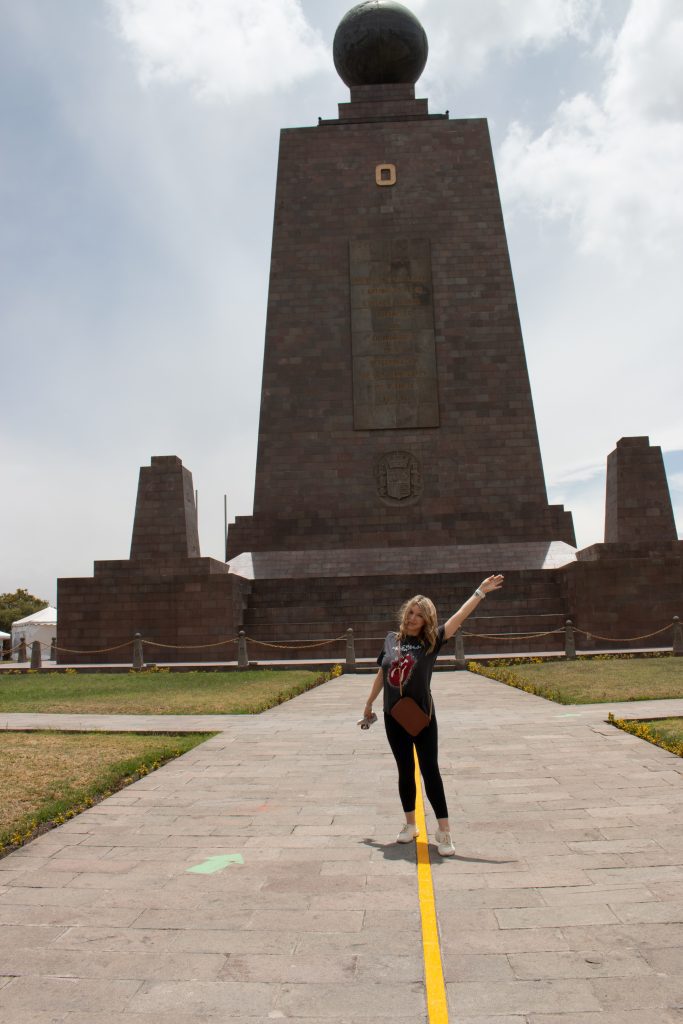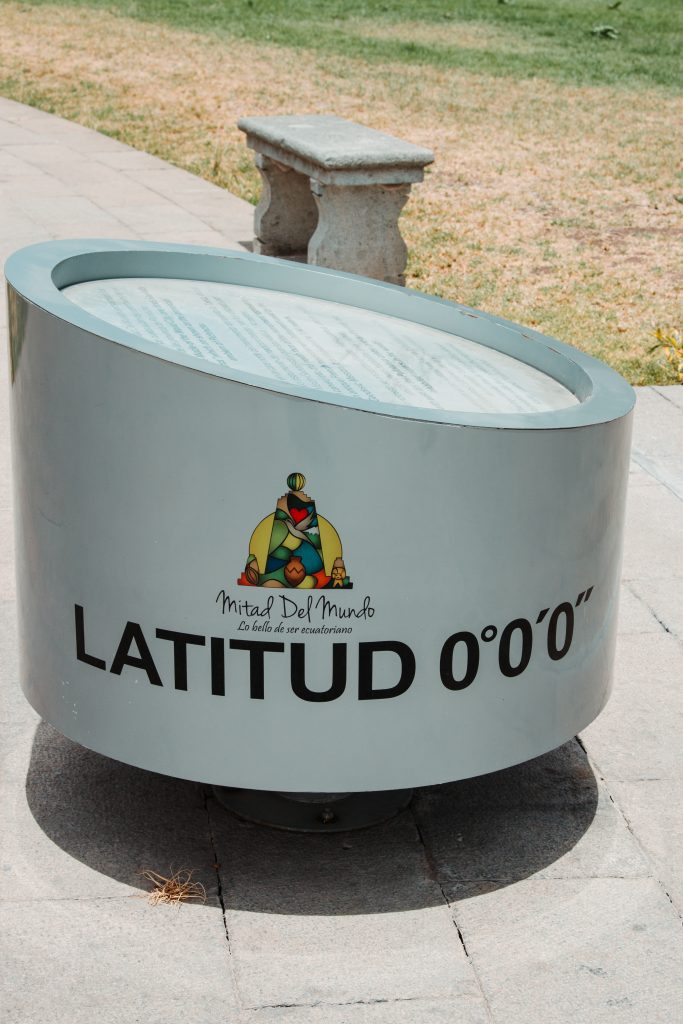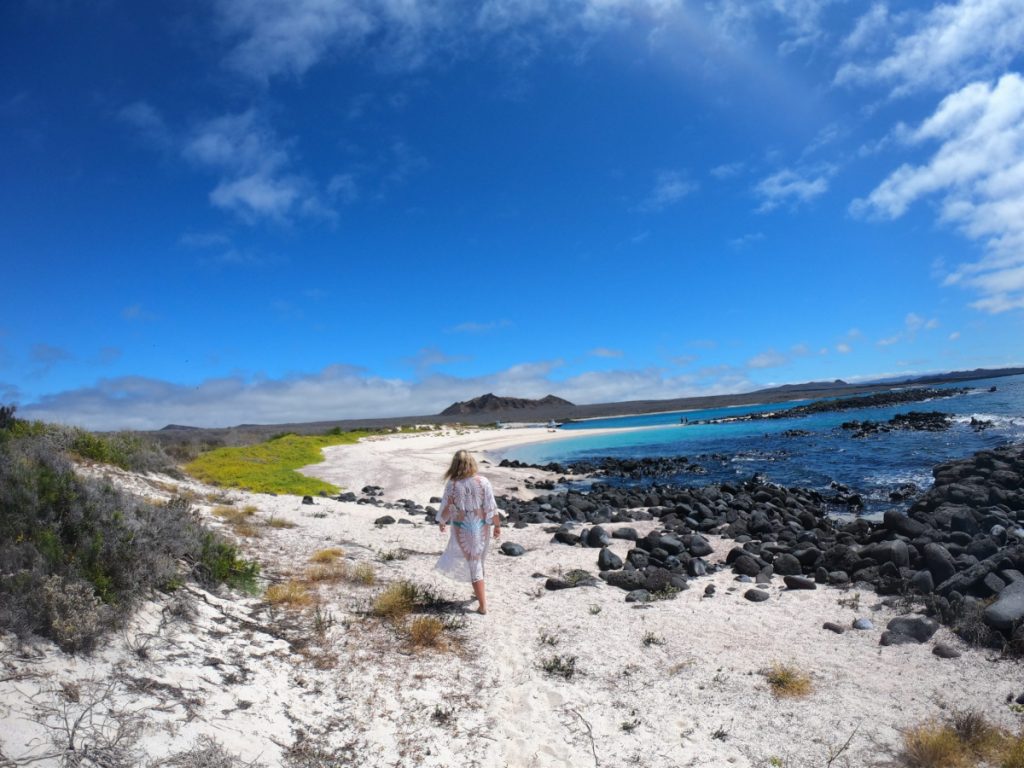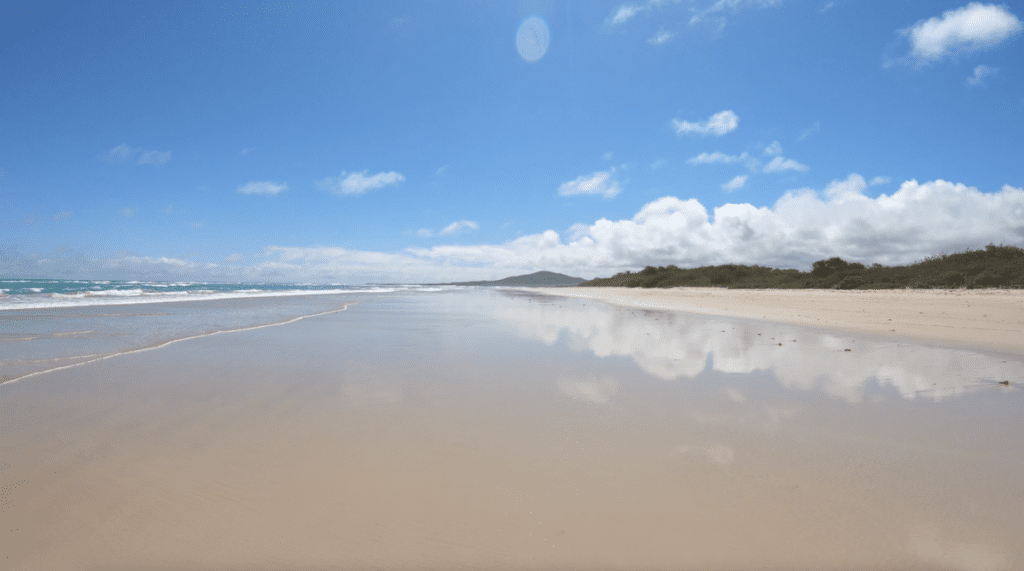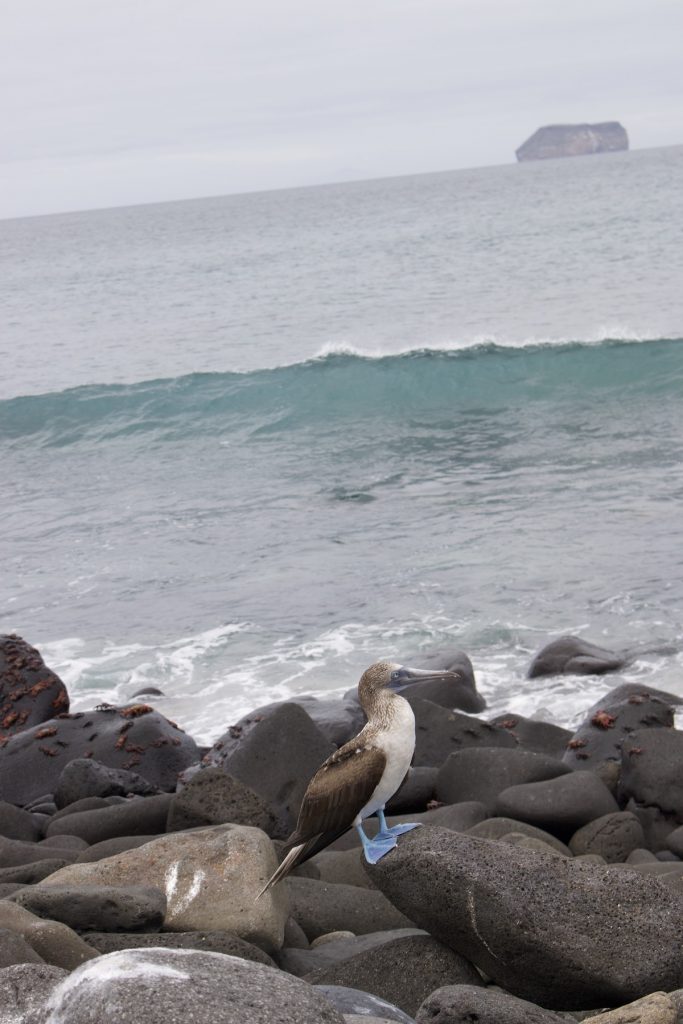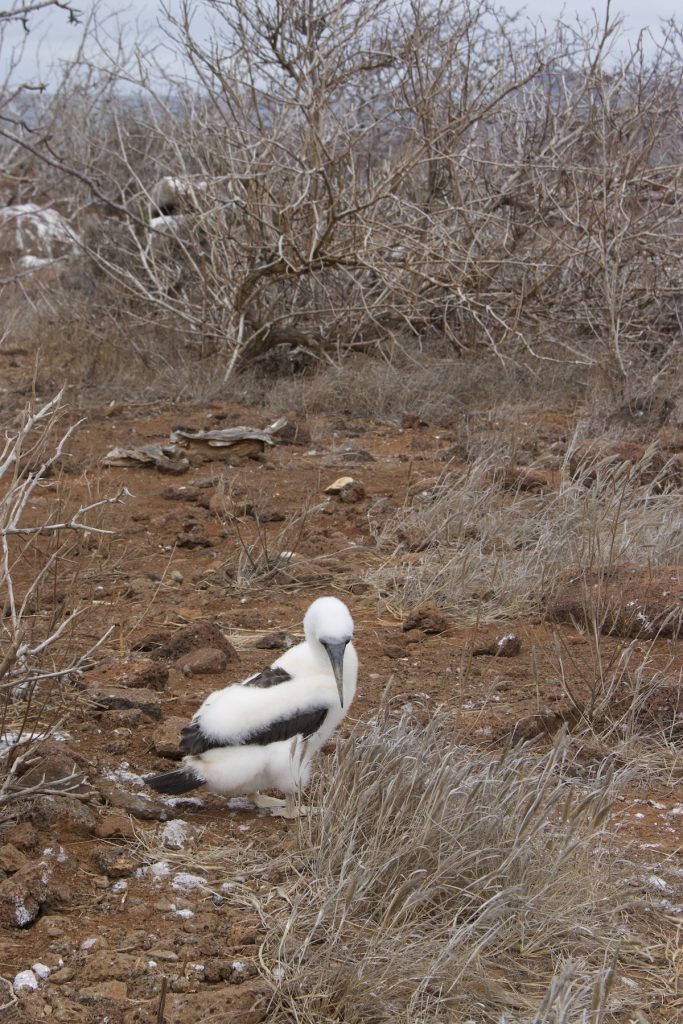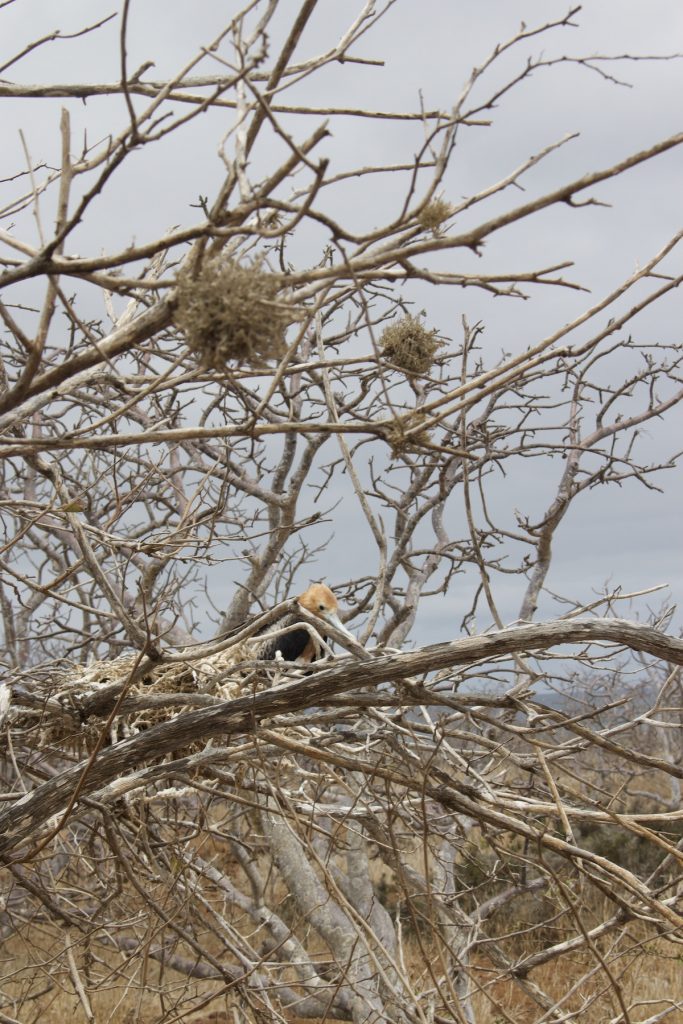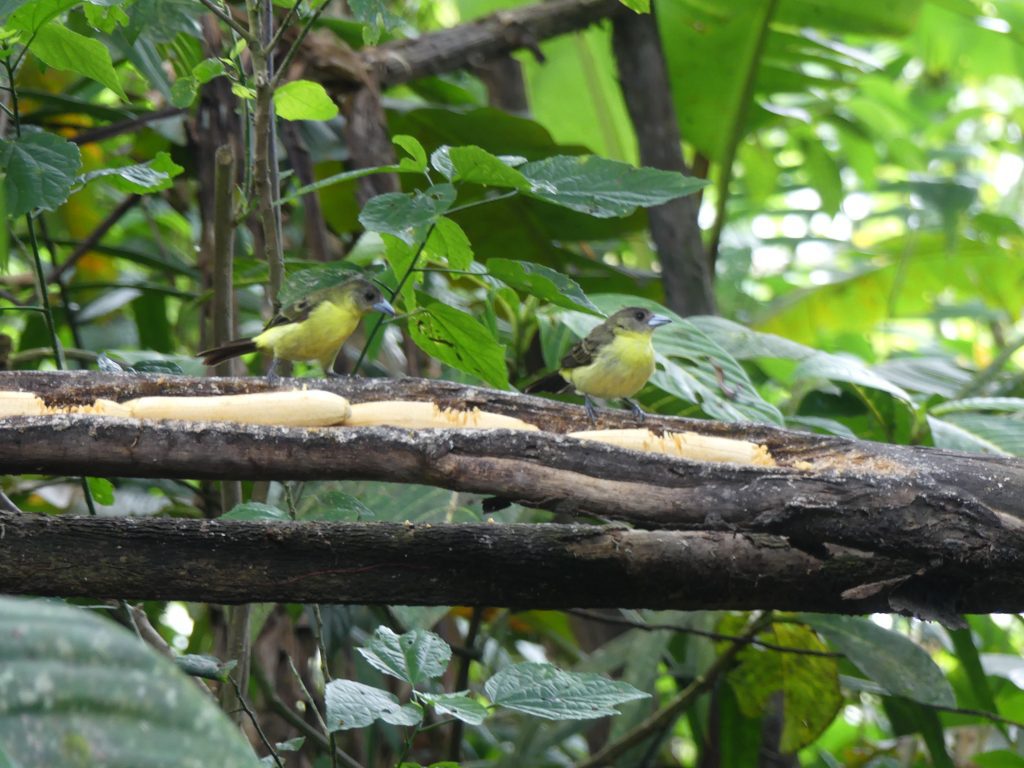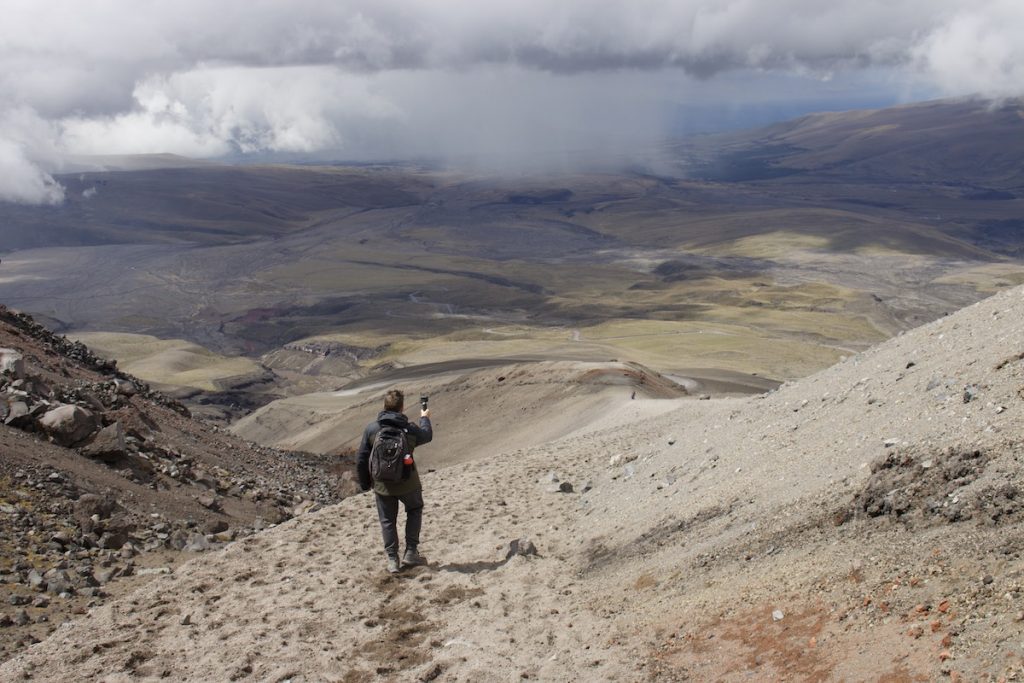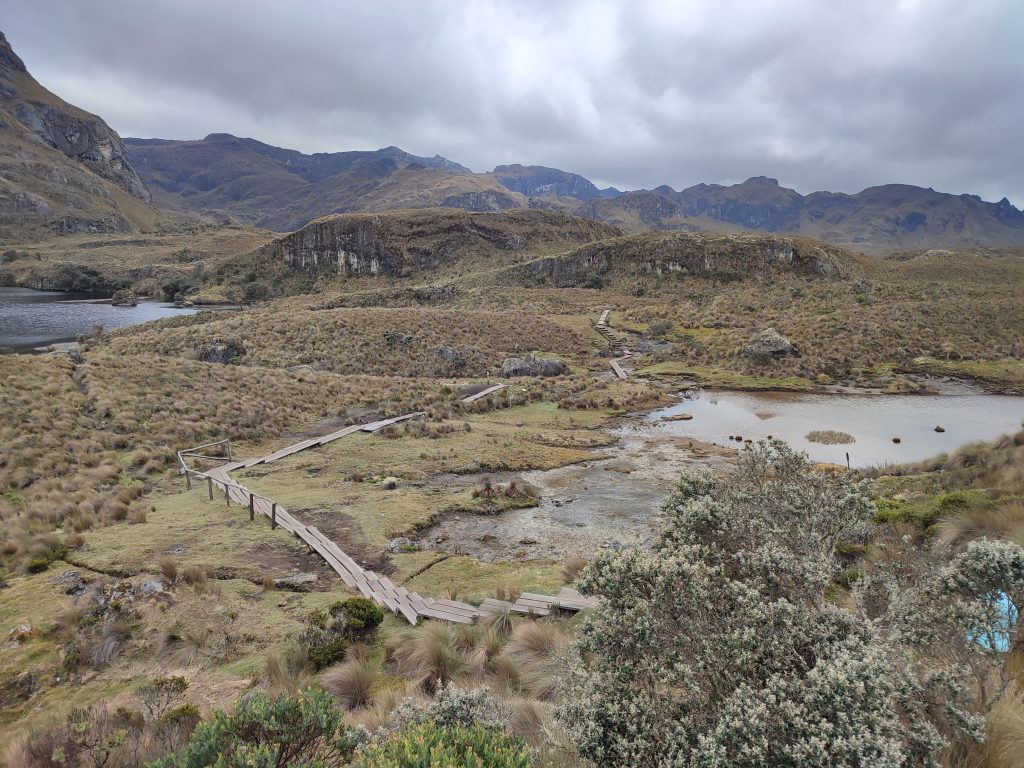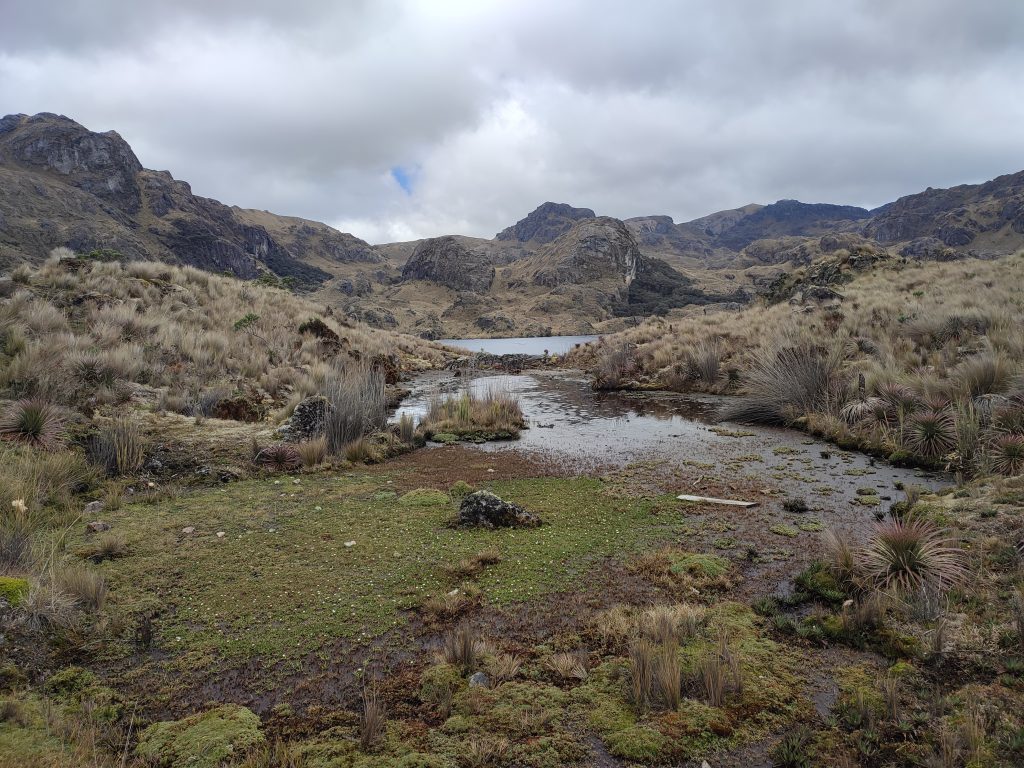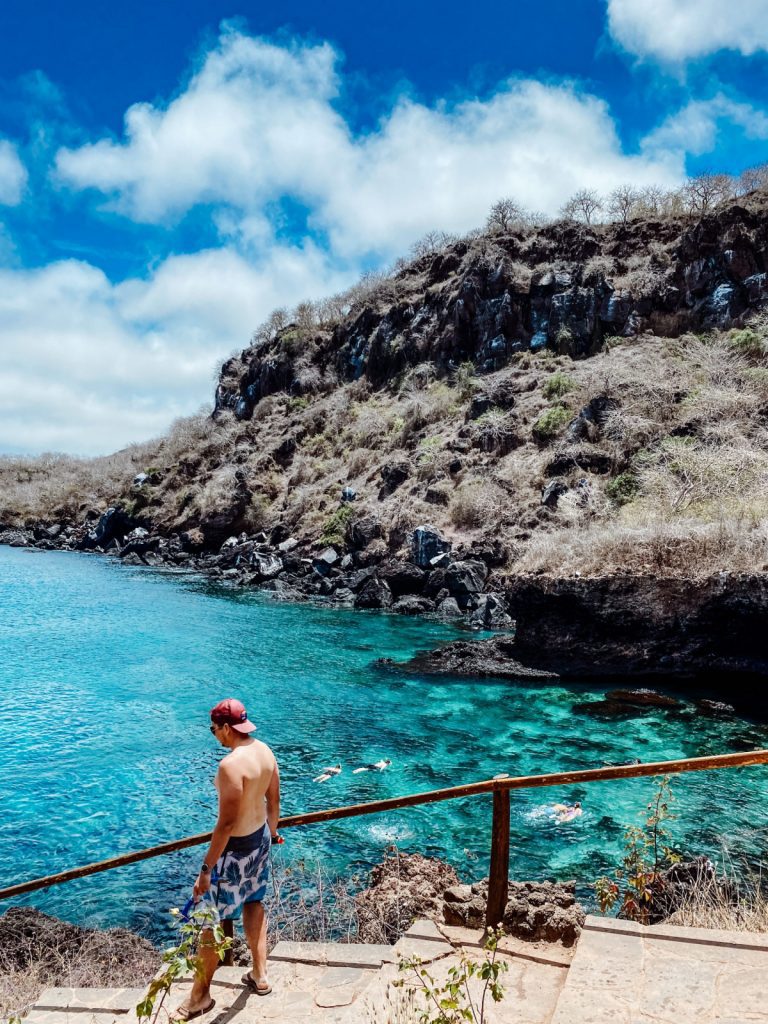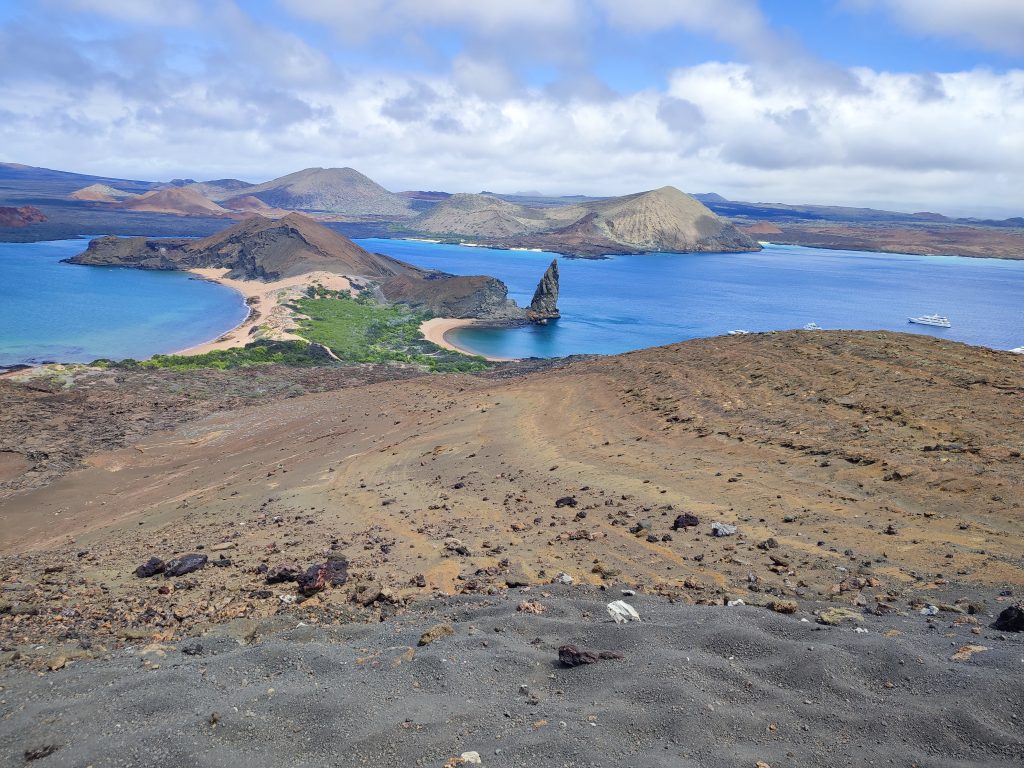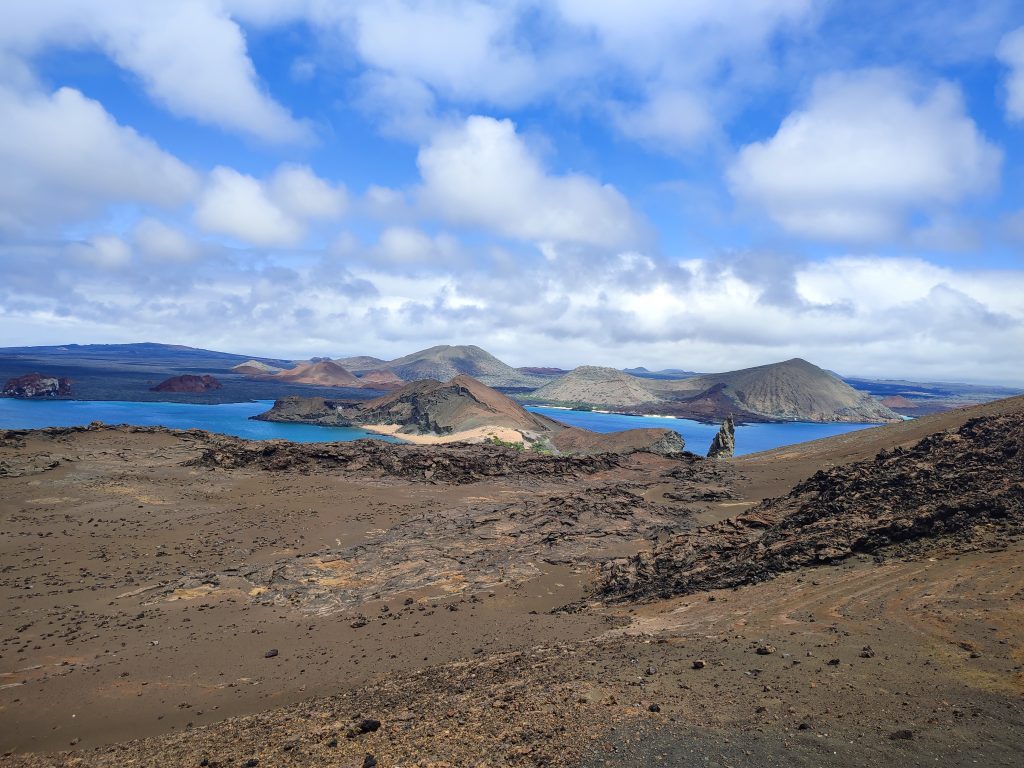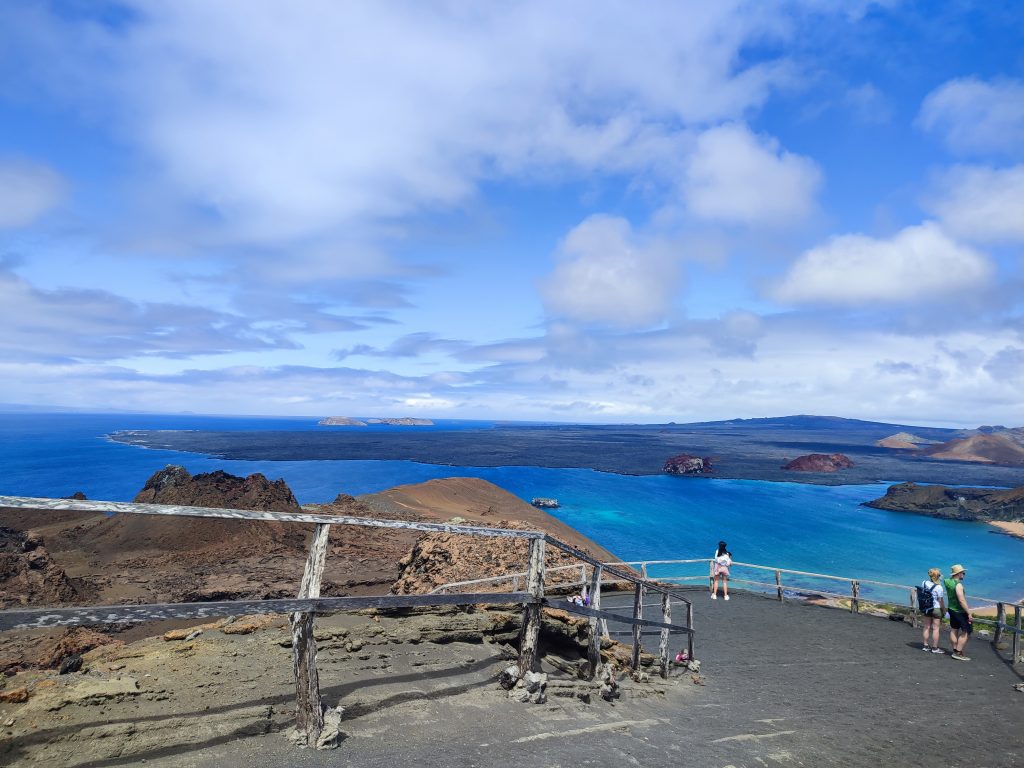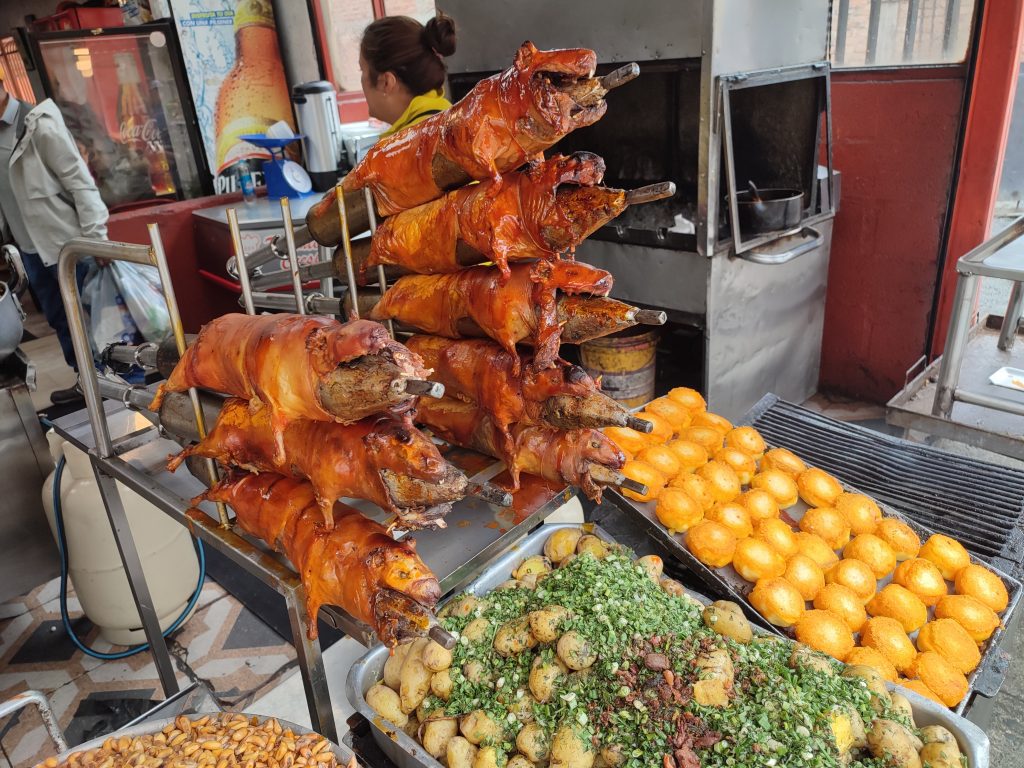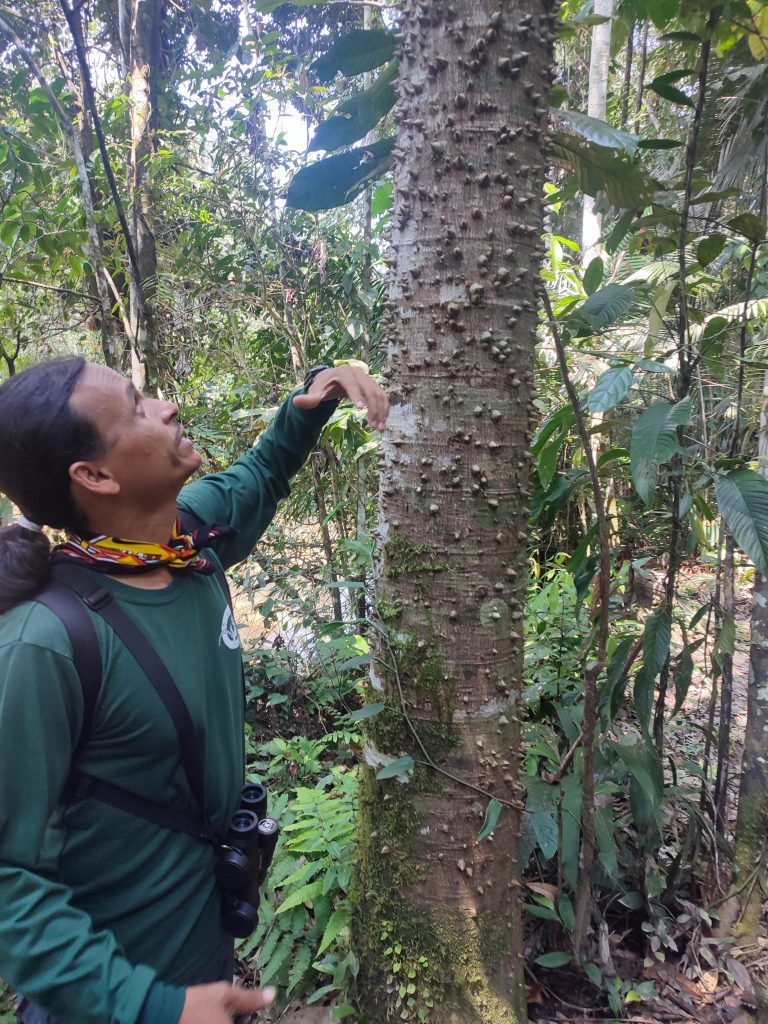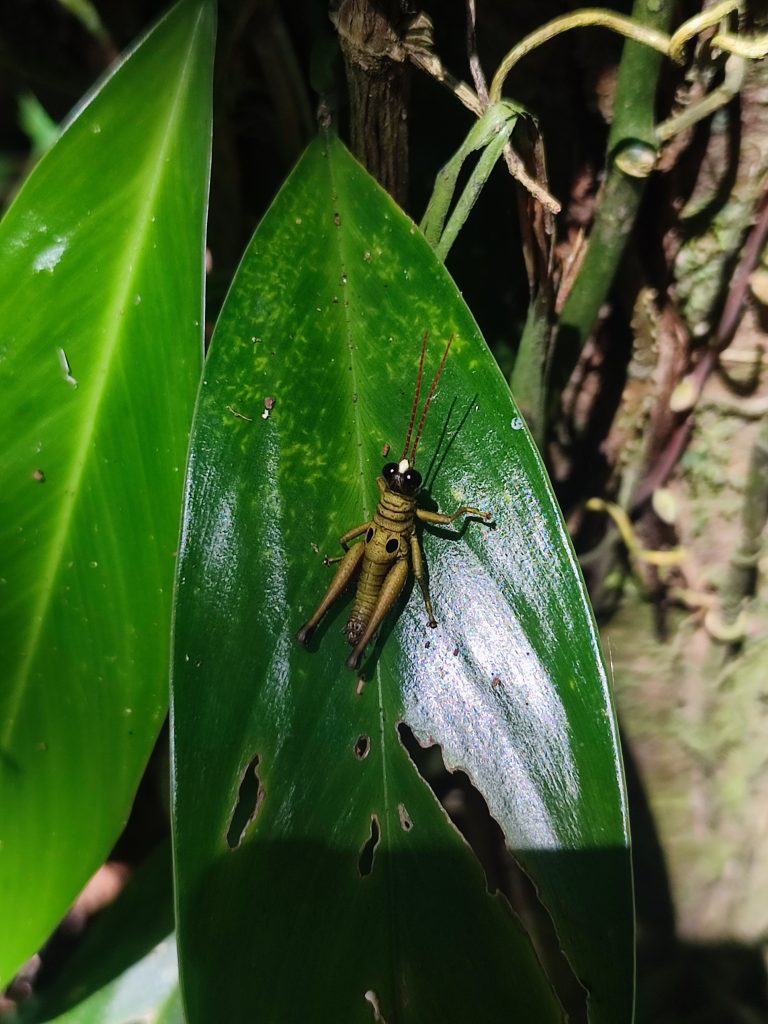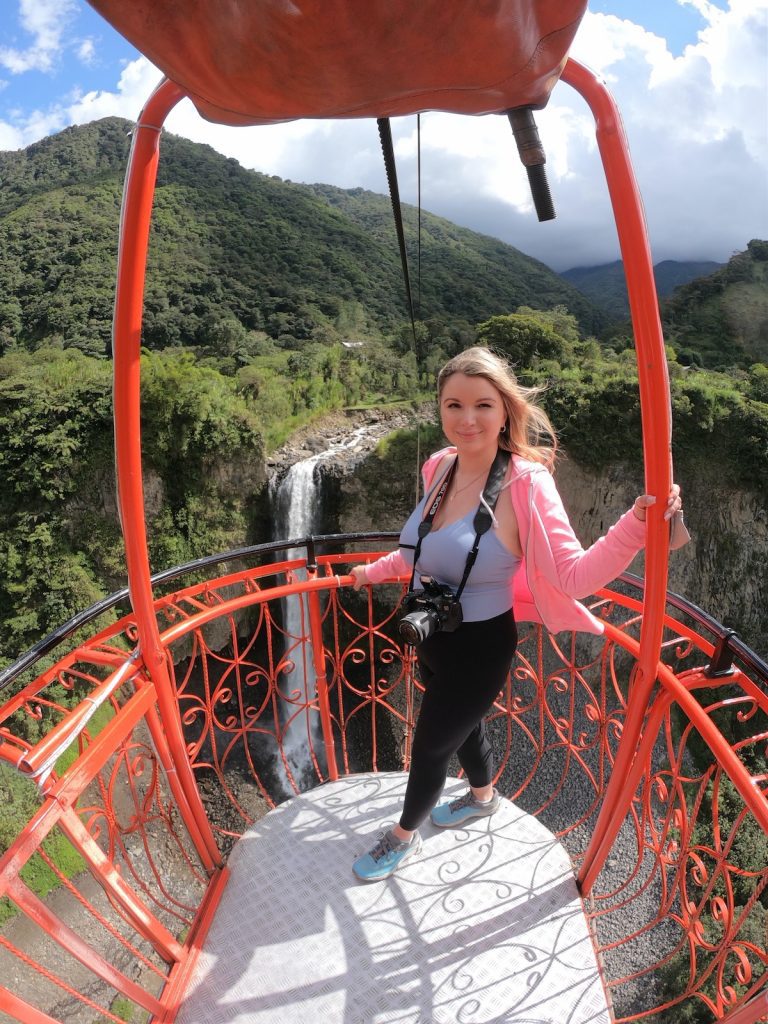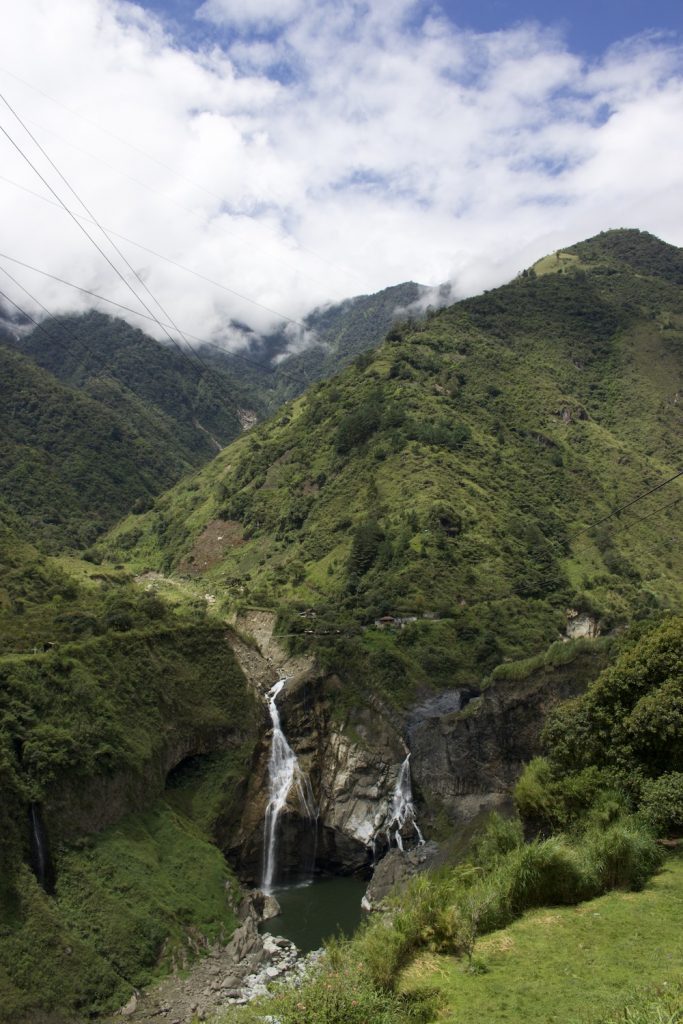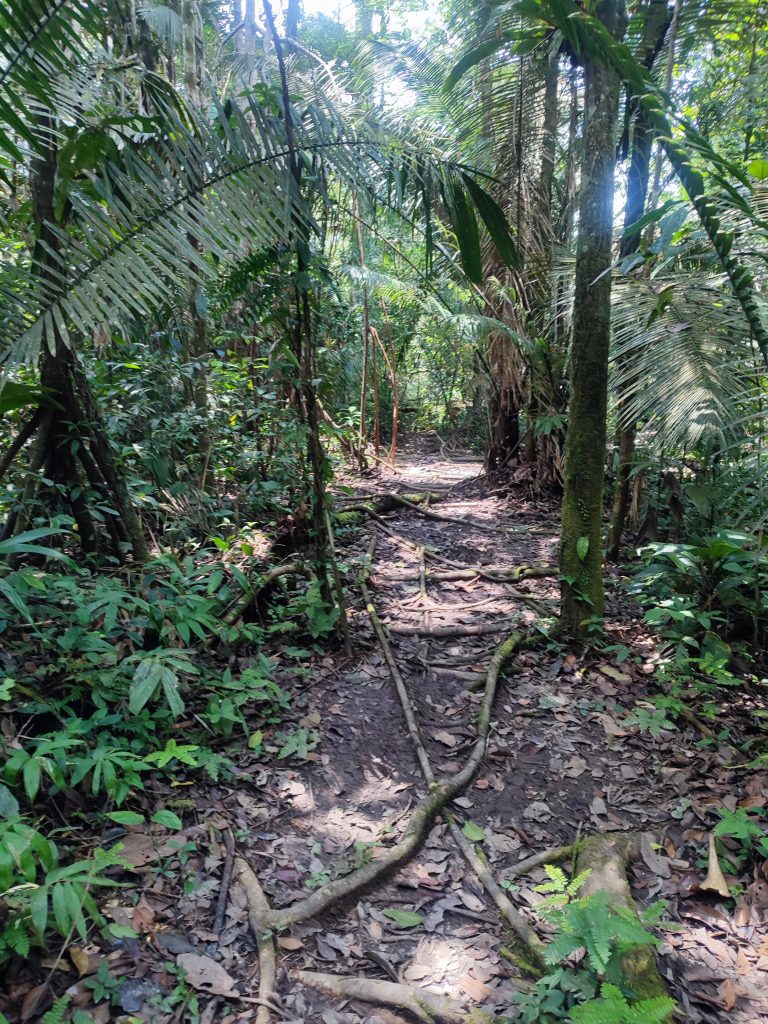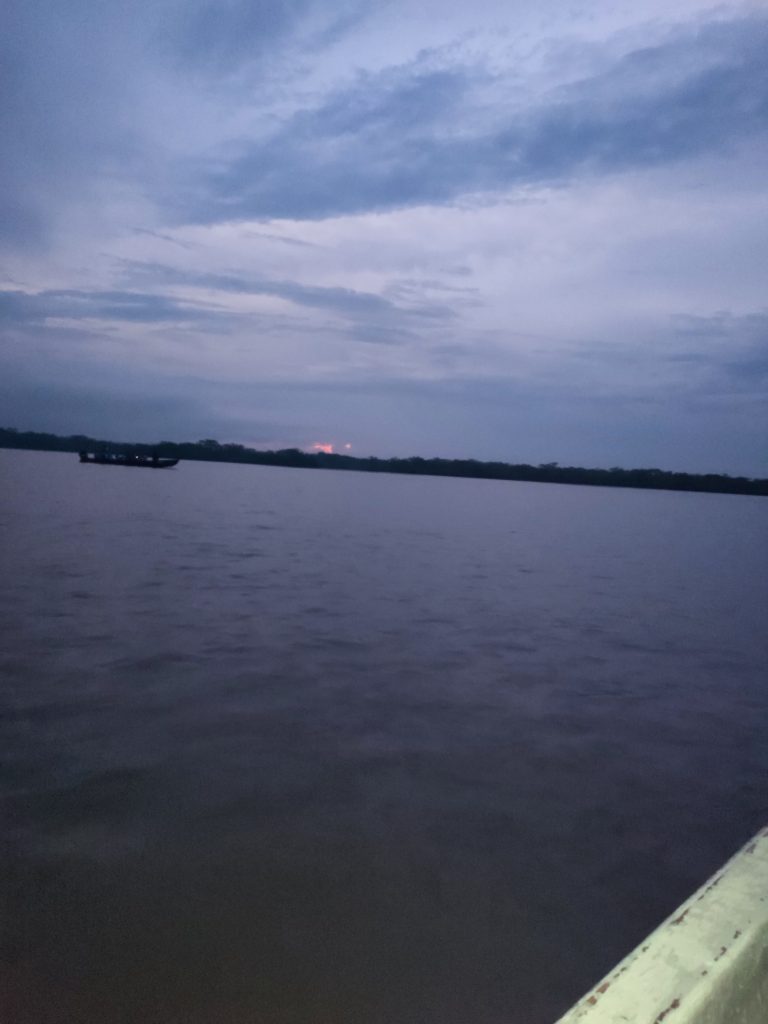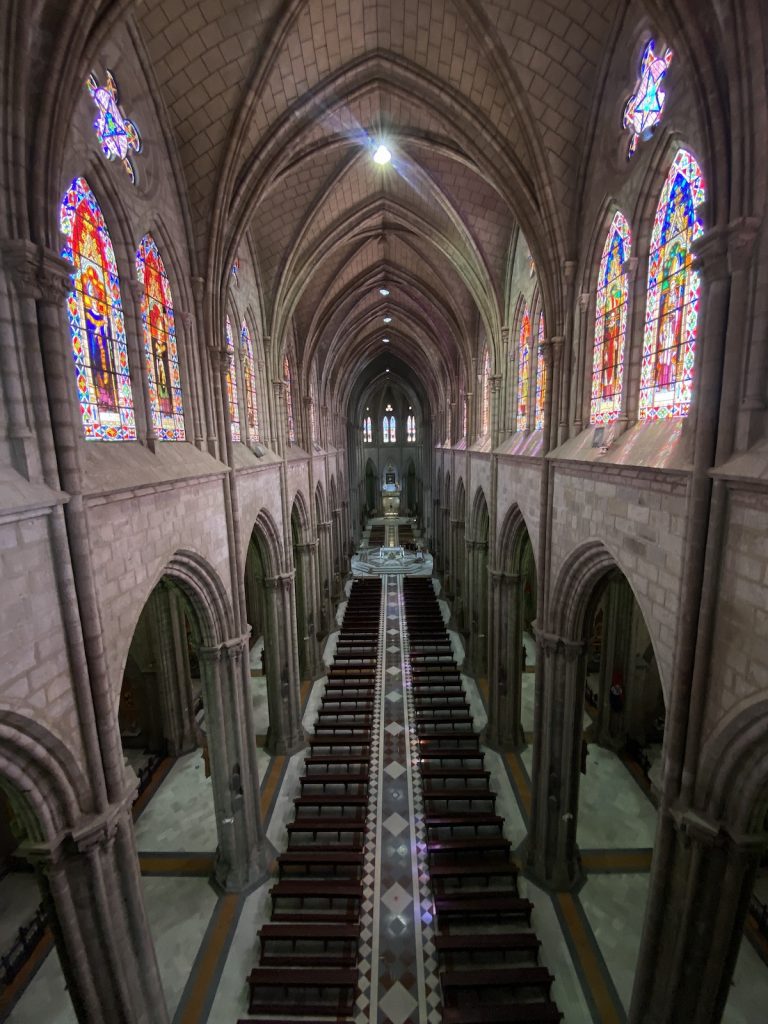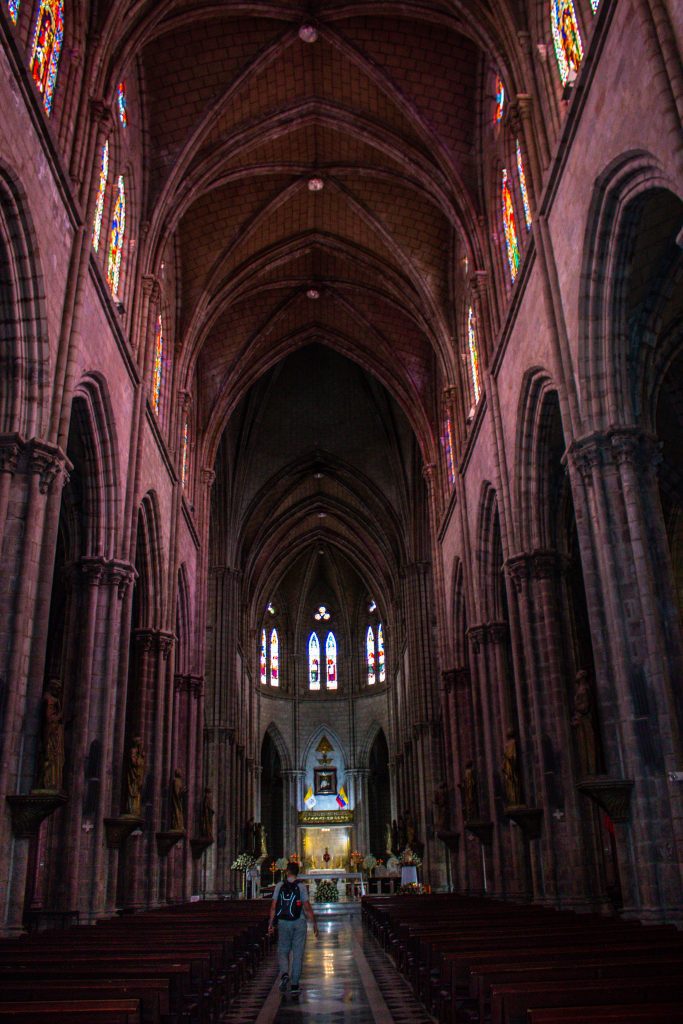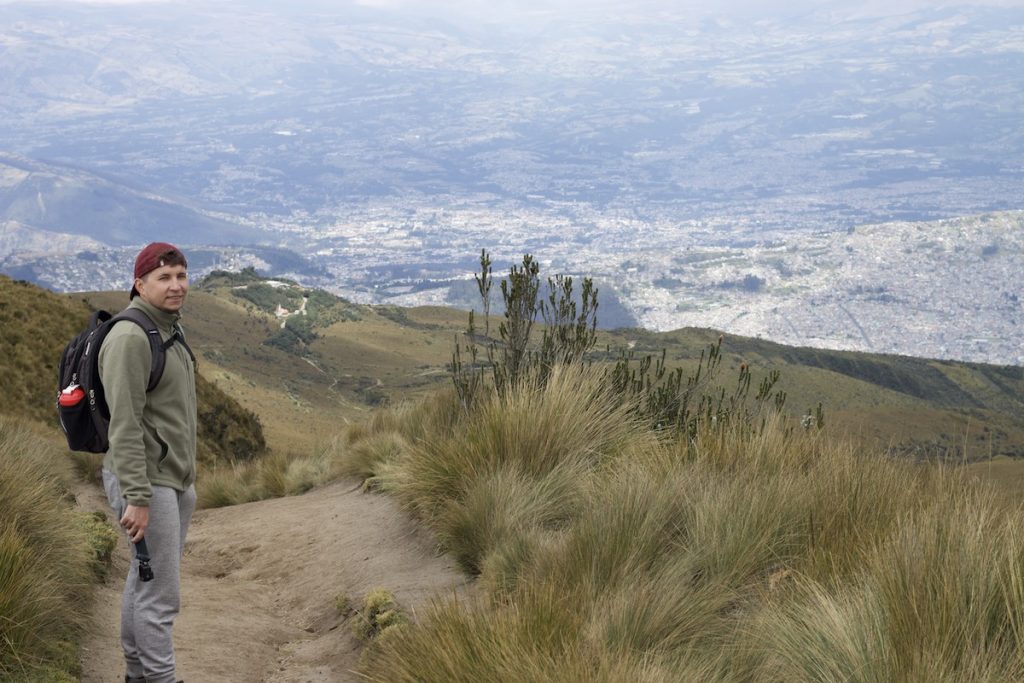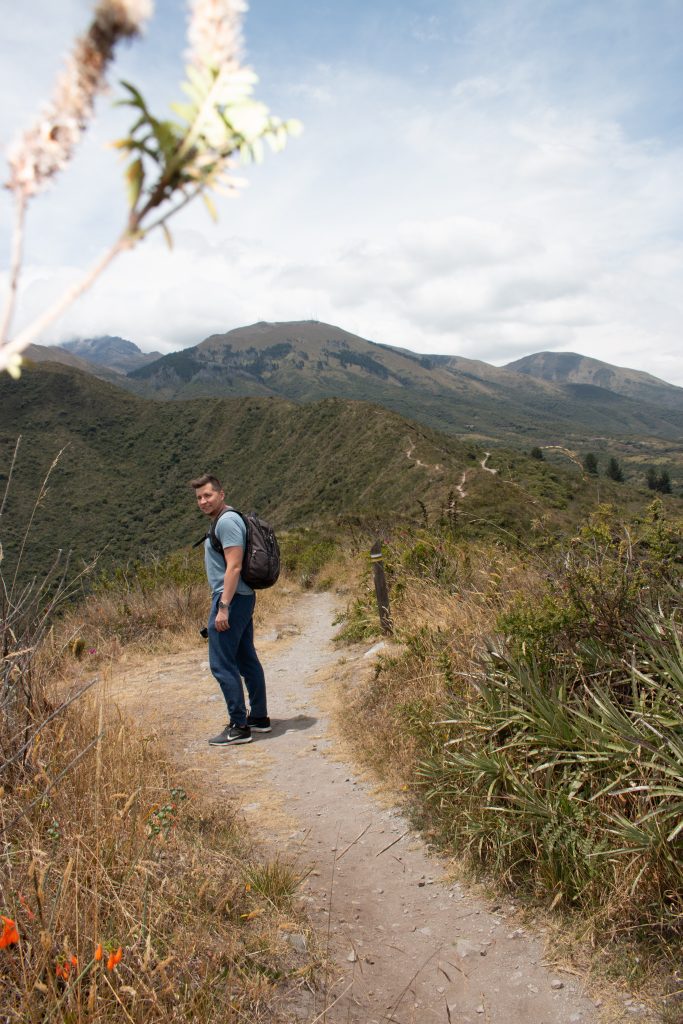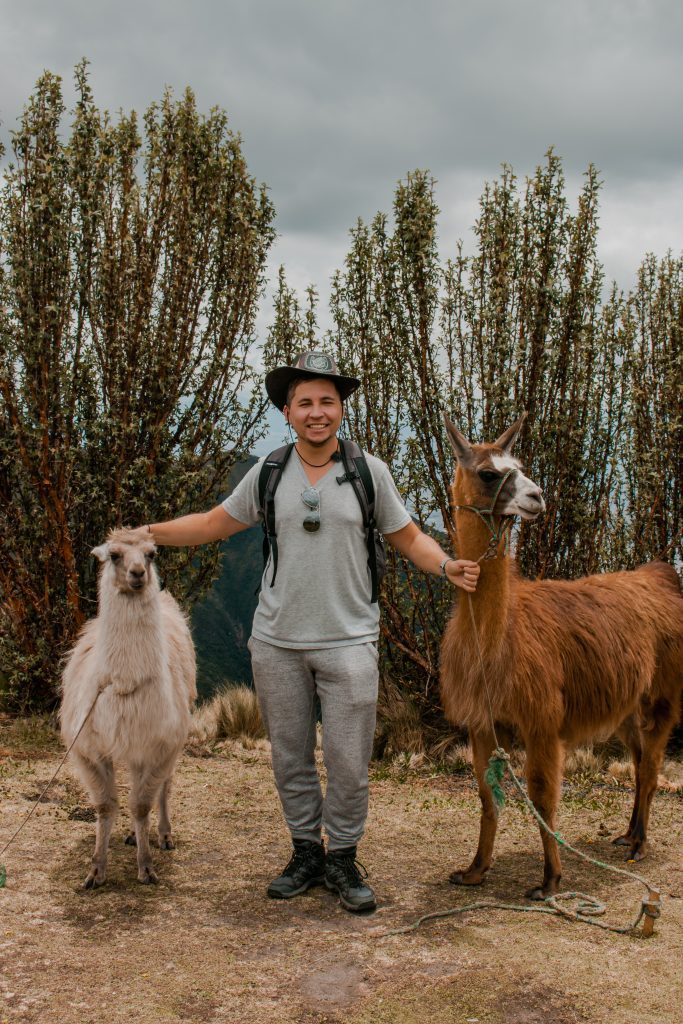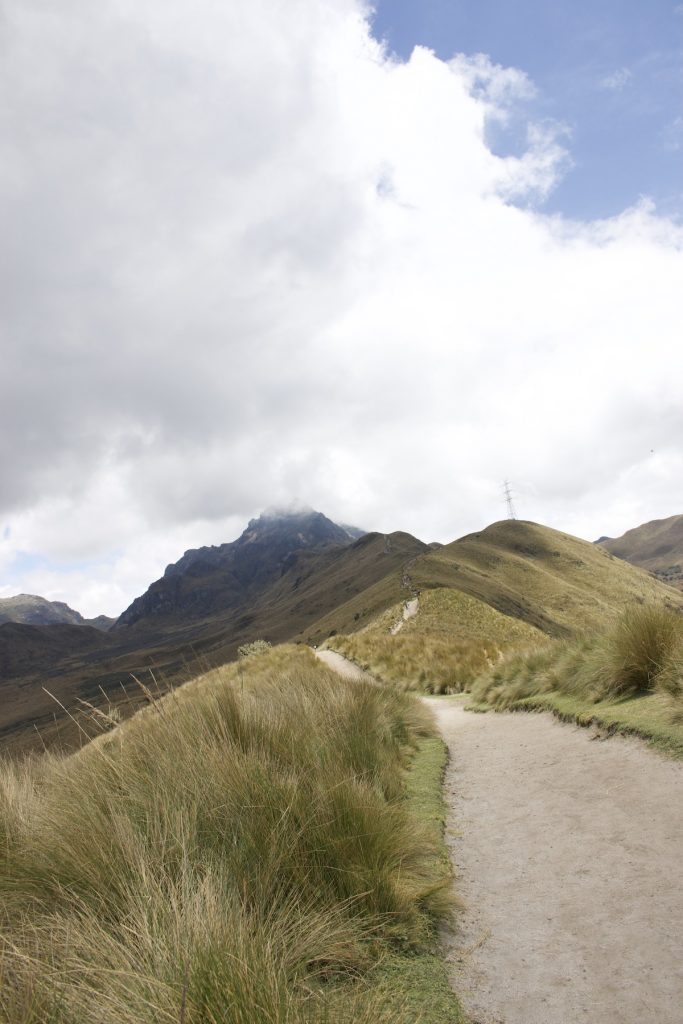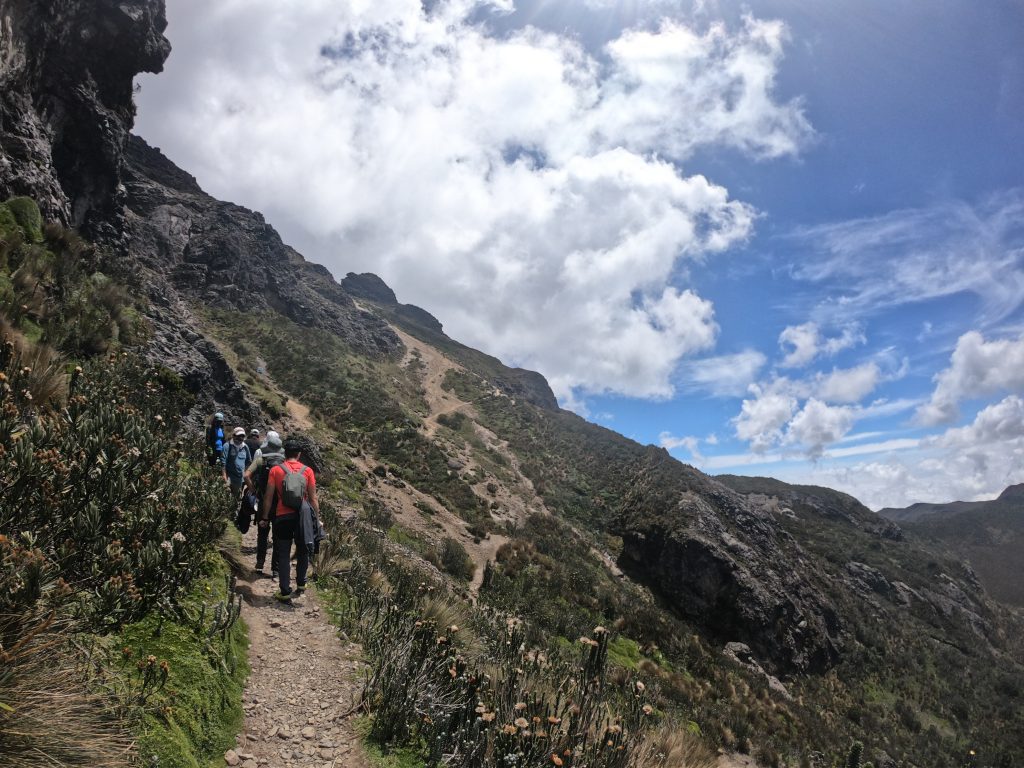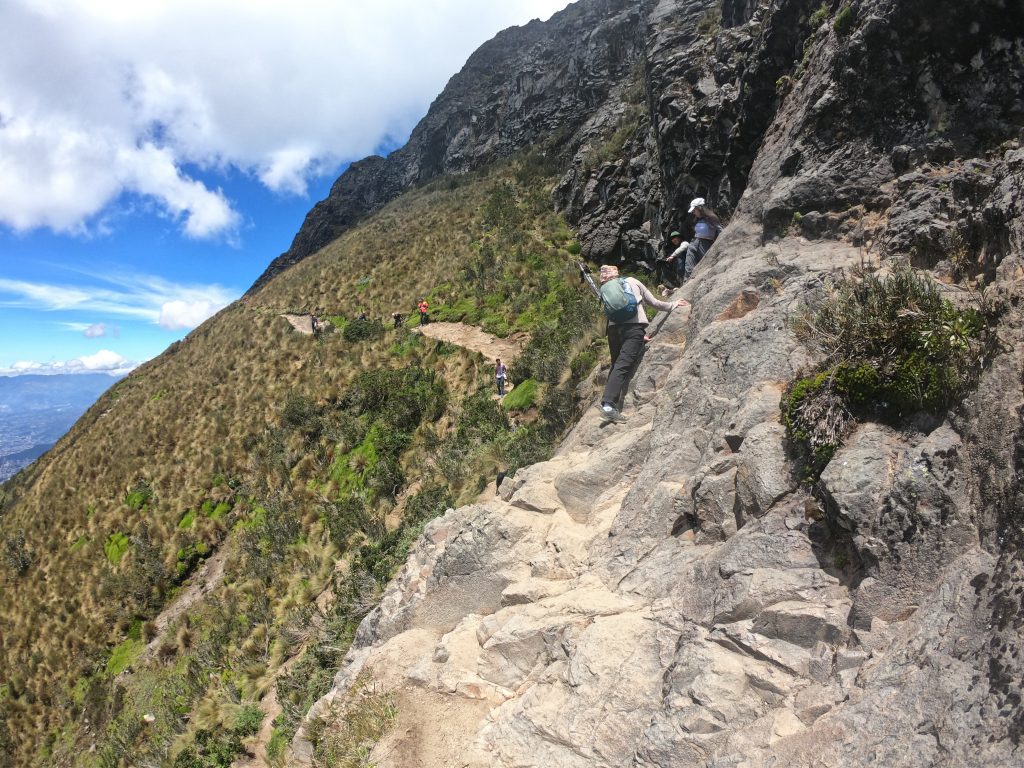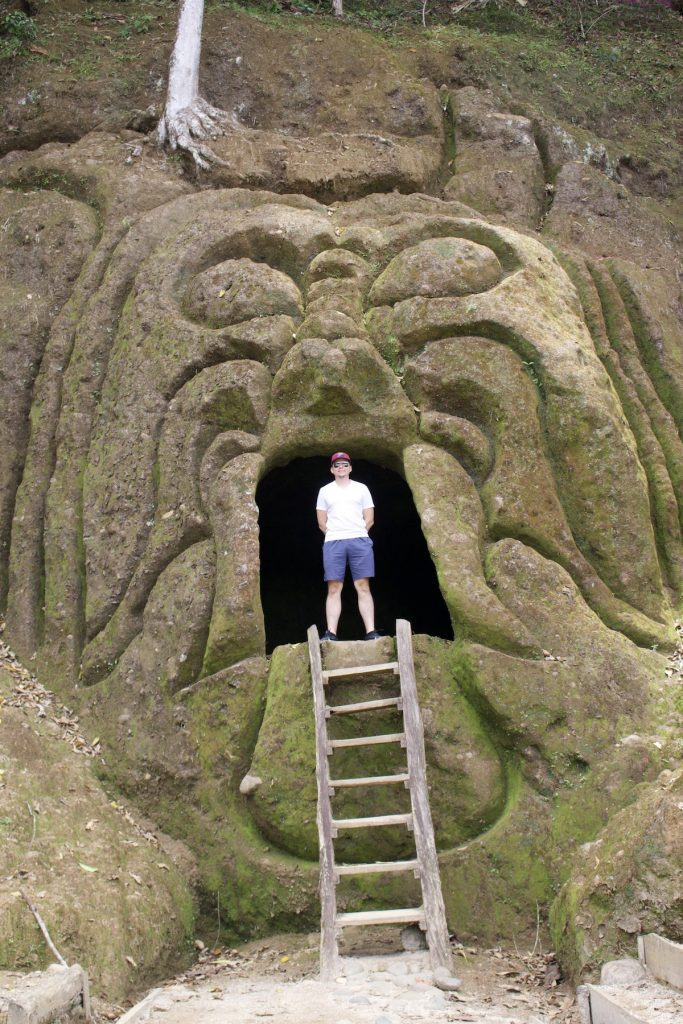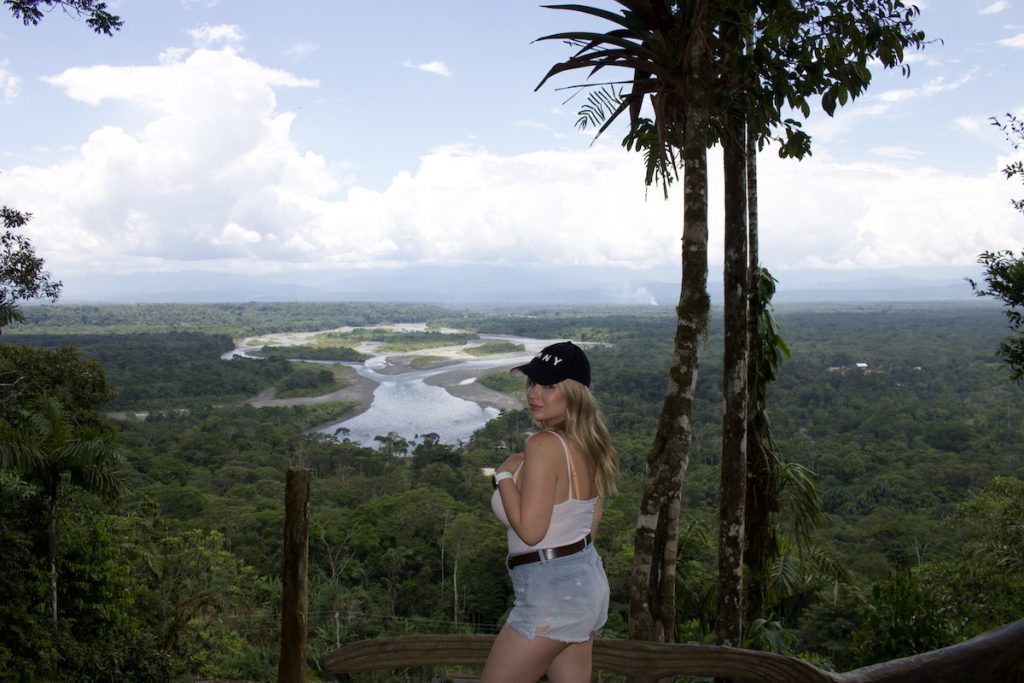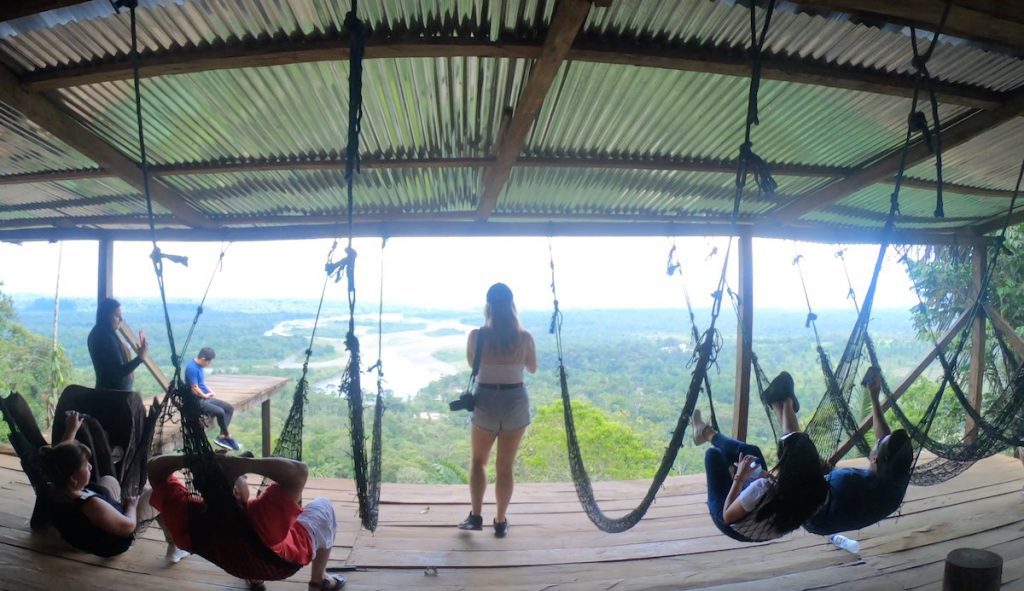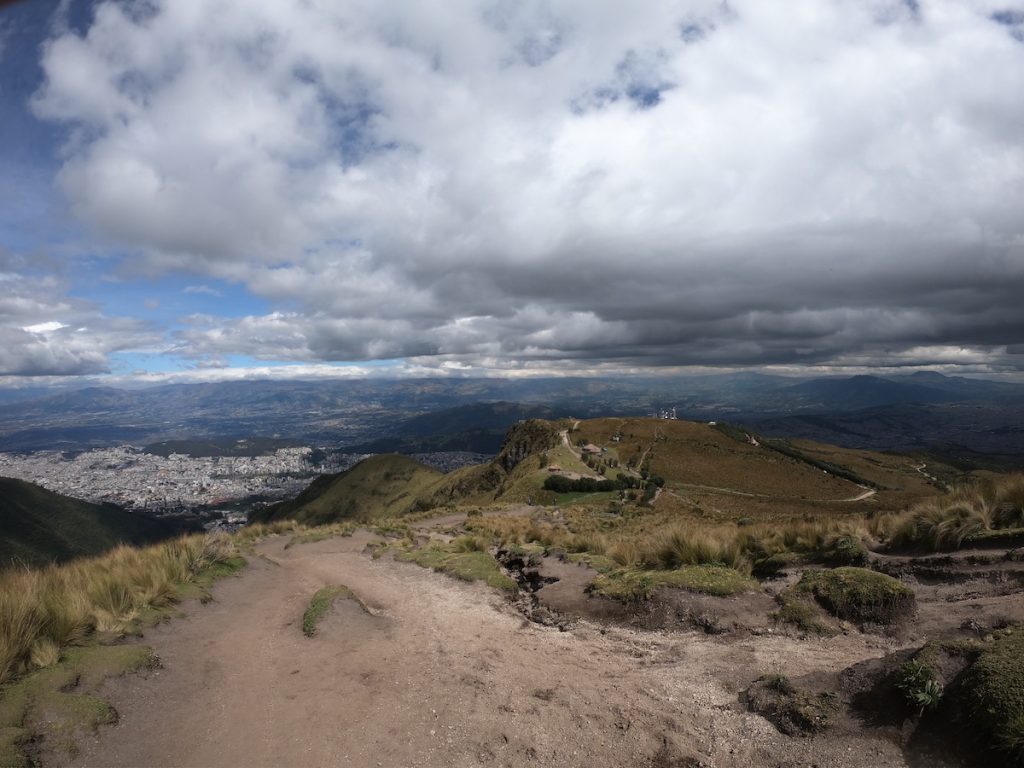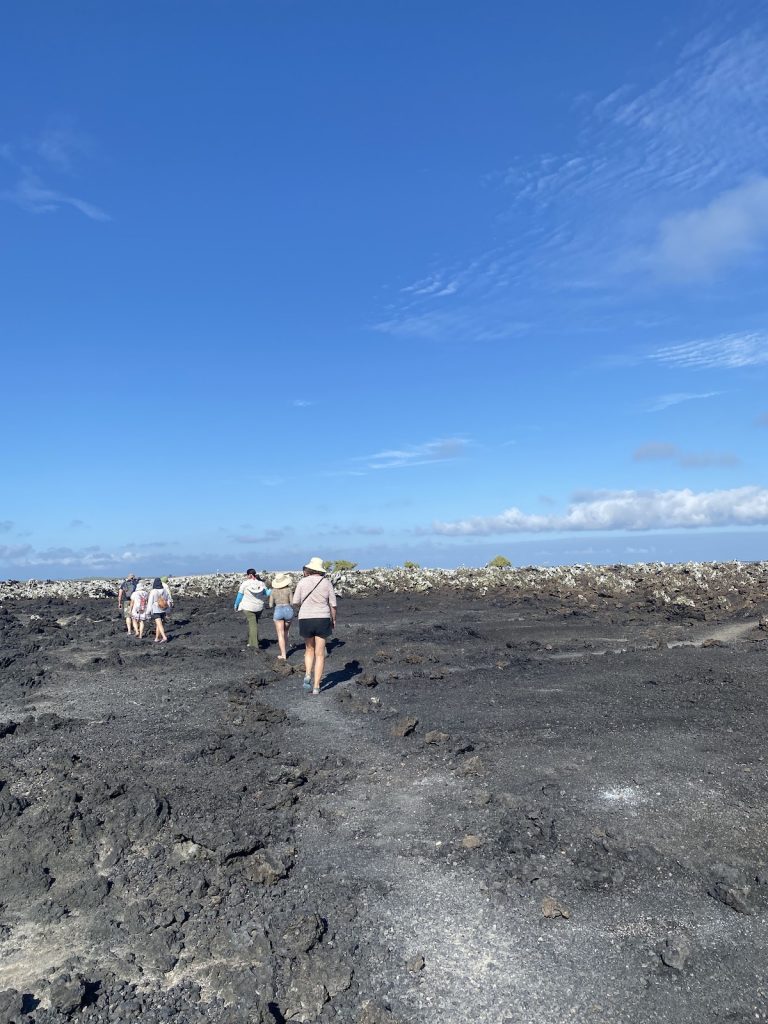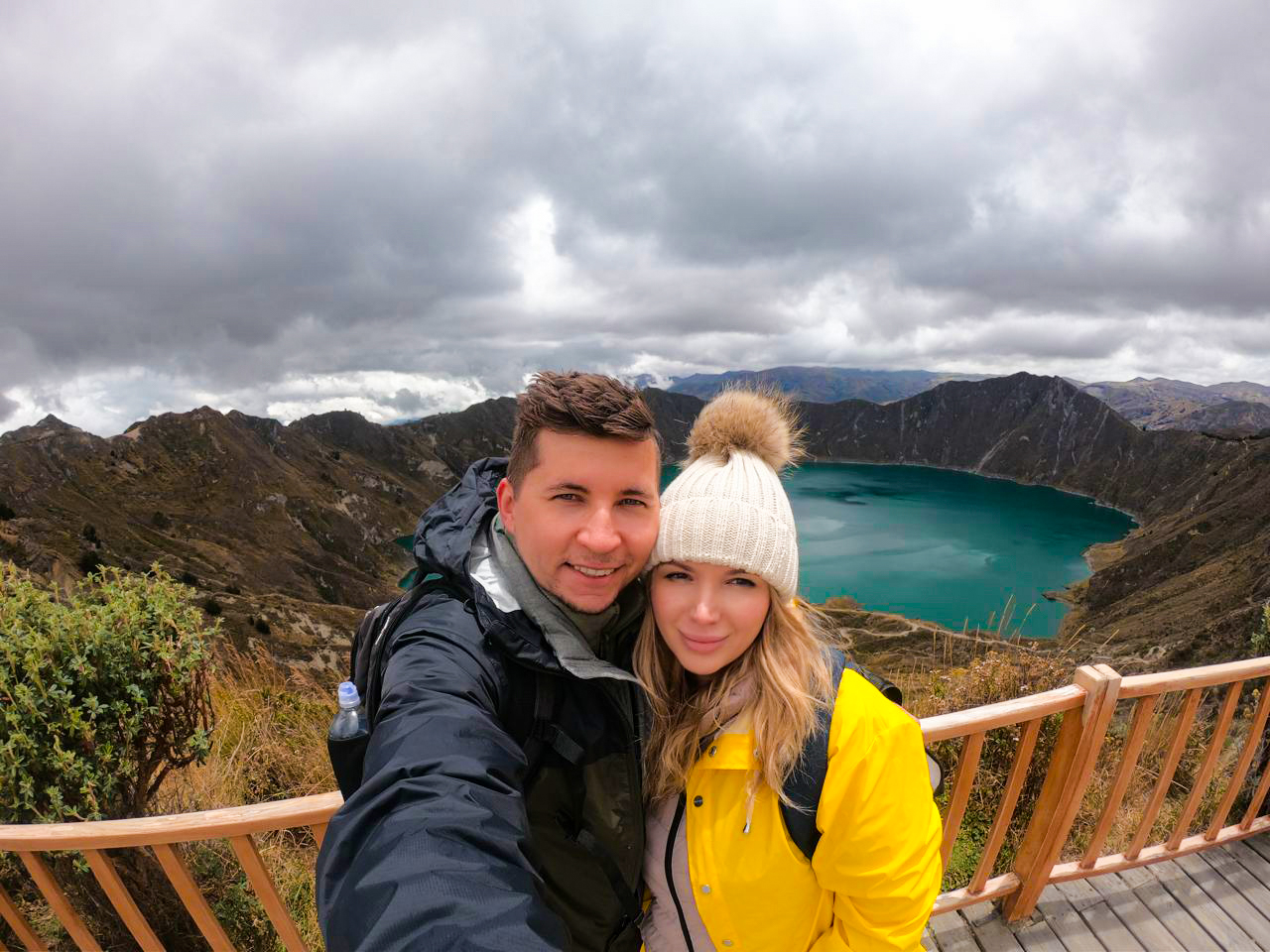Ecuador may be a small country, but it’s brimming with incredible activities for travelers. There’s so much to see and do that it’s easy to fill every day with new adventures. With such a variety of entertainment and cultural experiences to choose from, deciding what to do in Ecuador can feel a bit overwhelming.
To make it easier, we’ve put together a list of the top things to do based on our own travel experiences. Here are some of our favorite moments and must-do activities in this beautiful South American country.
Looking back, exploring Ecuador’s diverse offerings required careful planning – from combining activities efficiently to timing each adventure perfectly. Skip the uncertainty I faced and get a FREE personalized Ecuador trip quote from my trusted local experts who know exactly how to create the perfect mix of experiences. Your booking helps support both this blog and local Ecuadorian communities.
1. Experience High Altitude at One of the Volcanoes in Ecuador
Ecuador’s high elevation is something you’ll notice right away, especially in Quito, which sits at 2,850 meters above sea level. For those looking for a bigger challenge, consider hiking or climbing one of the country’s many volcanoes. Ecuador offers several volcanoes that are accessible to mountain climbers, providing an unforgettable adventure and stunning views.
2. Explore UNESCO Historical Centers of Quito and Cuenca
Quito boasts one of the world’s most breathtaking historic centers. The city is rich in history and culture, with 320 hectares encompassing 40 cathedrals, 16 convents and monasteries, and around 5,000 culturally significant buildings. It’s a must-see for anyone interested in the architectural and historical heritage of Ecuador.
La Compañía, along with the Church of San Francisco, is a small yet remarkable example of the architectural beauty that gives Quito its nickname, “Carita de Dios” (God’s Little Face). This church’s intricate design and historical significance make it a must-visit for anyone exploring Quito’s rich cultural heritage.
El Panecillo was one of my favorite spots in Quito. This hill is home to the towering Virgin of Legarda statue, which adds a distinctive touch to Quito’s skyline and creates an iconic profile that’s instantly recognizable. The views from here are just as memorable, making it a must-visit.
Cuenca was one of the most enchanting cities we explored on our trip, and its historic charm left a lasting impression. Walking through the historic center of Santa Ana de Los Rios de Cuenca felt like stepping back in time, with Renaissance urban design beautifully adapted for the Americas. It’s a place where history and charm come together, making every corner feel special.
Cuenca’s layout and urban landscape stood out to us as a perfect example of a Spanish colonial city built inland. It beautifully reflects the blending of diverse societies and cultures in Latin America. Walking its streets, we could feel how Cuenca captures the essence of this cultural fusion, adding to its unique charm.
The cultural heritage area of Cuenca covers an impressive 224.14 hectares. The Historic Center itself takes up 178.23 hectares, with 30.12 hectares designated as special areas, and 15.70 hectares set aside for archaeological sites. This vast heritage zone truly highlights the city’s commitment to preserving its rich history and cultural significance.
3. Hike and Go through the Caves Behind Pavilion Diablo Waterfalls
Pailón del Diablo, or Devil’s Cauldron waterfall, is an absolute must-see when visiting the Baños area. This stunning 80-meter waterfall is mesmerizing, with its powerful flow fed by the Rio Pastaza. It’s one of those spots that took our breath away with its sheer force and beauty.
A well-kept trail winds through the forest, leading right to the waterfall. You can cross a suspension bridge to reach a great viewpoint, or take a path to the right that brings you up close to the powerful cascade. Both options give you amazing views and a memorable experience.
During our visit, we made sure to check out the most famous spot—a staircase built into the cliff, offering some of the best photo opportunities of the waterfall. Playing with perspective here gave us some incredible shots.
A little further along, we found La Grieta del Cielo. The path to reach it is narrow and wet, so it’s best to move quickly and bring a rain poncho if you’re not prepared to get soaked. It was well worth it for the unique view!
La Grieta is actually a cave, and crawling through it can be challenging. We wouldn’t recommend it for anyone uncomfortable with tight spaces or with knee issues. However, for those who make it through, there’s a small viewpoint at the end that made the effort worthwhile for us—it’s a unique perspective that adds to the adventure. You can check more in my video.
4. Discover the Inca Ruins
Ecuador is home to nearly a dozen Inca ruins, each with its own historical significance. The most important and well-known of these is Ingapirca, a remarkable archaeological site located in the Cañar province, about 90 kilometers from Cuenca. The name Ingapirca combines two Quichua words: Inga, meaning Inca, and Pirca, meaning wall. It’s a fascinating site that offers a glimpse into Ecuador’s rich Inca heritage.
In addition to Ingapirca, there are several other fascinating Inca ruins to explore in Ecuador, including Pumapungo, Coyoctor, Rumicucho, Agua Blanca, and Todos Los Santos. Each site offers its own unique insights into the Inca civilization and Ecuador’s historical landscape.
5. Explore the Marine Protected World of the Galapagos Islands
The Galapagos Islands are a world-class destination for anyone fascinated by underwater biodiversity. Snorkeling here offers an incredible way to experience the islands’ unique marine life up close, making it a must-do activity for visitors eager to explore beneath the surface.
Snorkeling in the Galapagos Islands was truly one of the most unforgettable experiences of my life. Being right in the middle of the action, up close with the marine life, was surreal. We snorkeled in crystal-clear waters and stunning volcanic calderas, encountering playful Galapagos sea lions, gentle turtles, harmless sharks, and even penguins. It’s an experience in Ecuador that I’ll always cherish!
6. Enjoy the Surreal Landscapes of Ecuadorian Crater Lakes
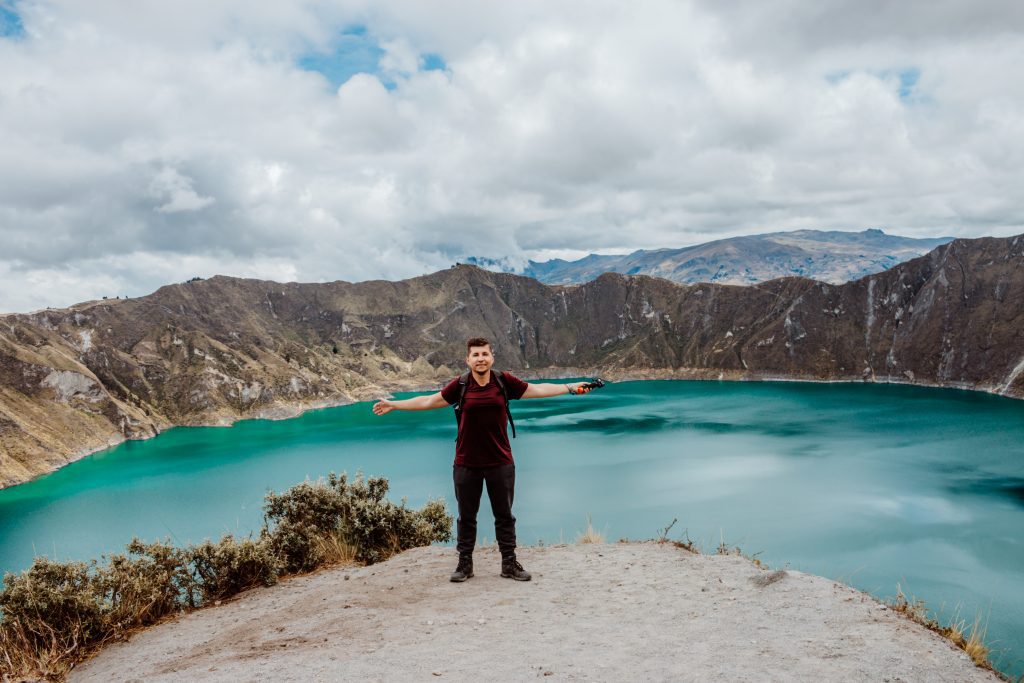
Ecuador’s breathtaking scenery left us in awe, with landscapes that seemed almost unreal. Home to numerous volcanoes, the country offers stunning crater lakes that are an absolute must-see. These views are something you won’t want to miss—they capture the beauty and power of Ecuador’s natural landscape.
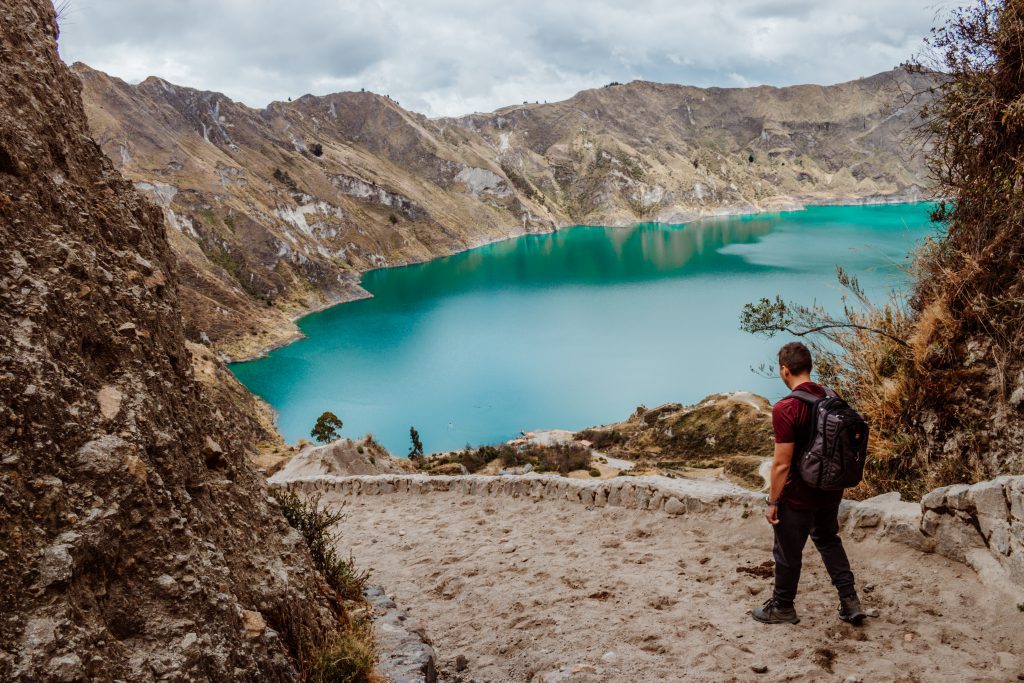
Laguna Quilotoa, a collapsed volcano in the western Ecuadorian Andes near Latacunga, is one of the country’s most stunning natural wonders. The caldera lake boasts incredible panoramic views and mesmerizing electric-blue water. Whether you choose to hike down, kayak on the lake, or simply admire it from the viewpoint above, the experience is unforgettable.
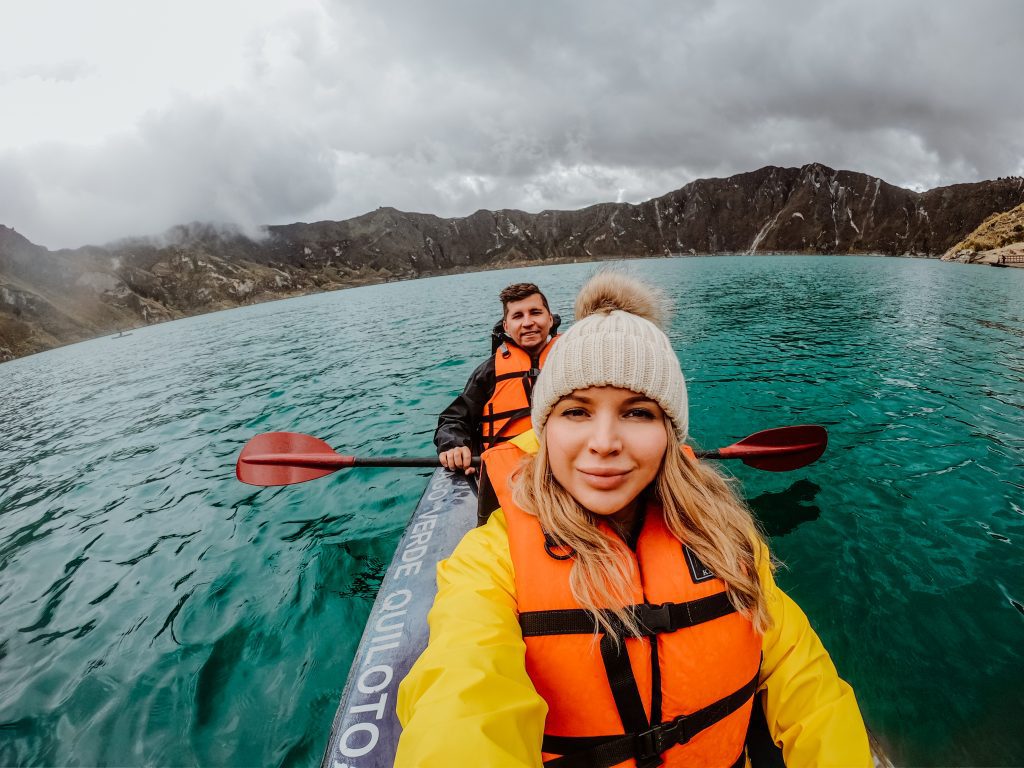
Hiking around Laguna Quilotoa is a popular activity. The trail starts at the overlook and descends down to the lake’s surface. Although the round trip is around 560 meters, some sections can be a bit challenging and may slow you down.
We also highly recommend visiting Laguna Cuicocha, another stunning crater lake. It’s a fantastic one-day hike located near Otavalo, a town famous for its bustling market, making it a great addition to your itinerary.
Despite its stunning beauty and ideal location, Laguna Cuicocha remains an underrated gem, especially when compared to popular spots like Quilotoa Lagoon. This hidden treasure offers a peaceful experience with fewer crowds, allowing you to fully appreciate the lake’s unique charm.
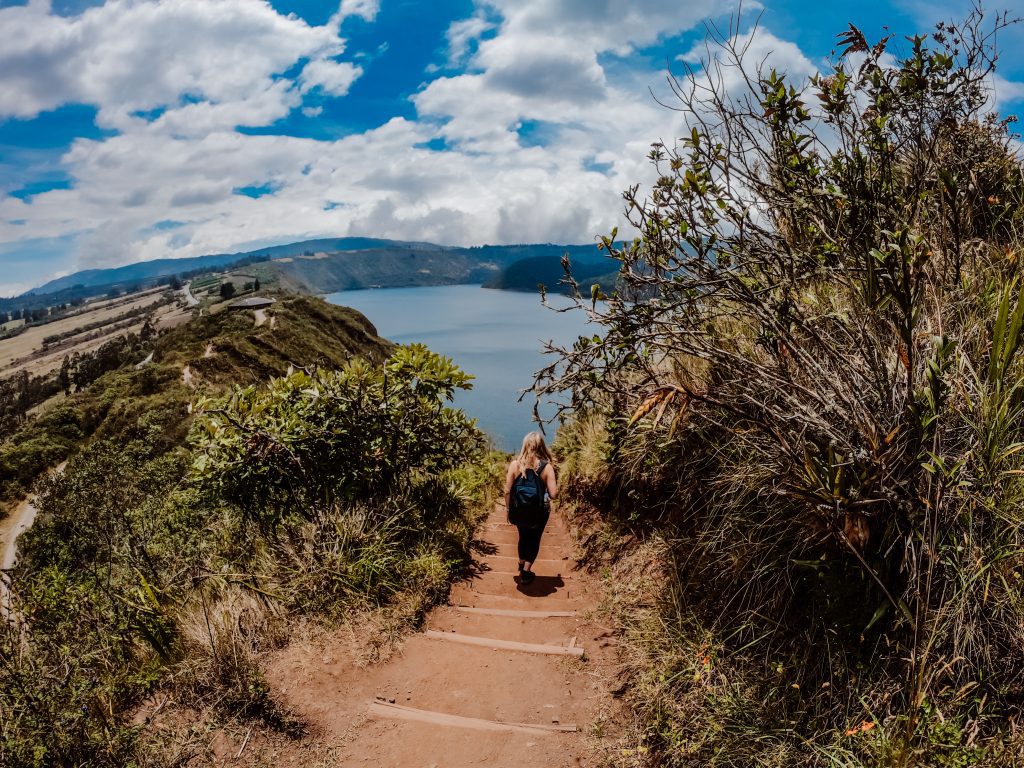
Laguna Cuicocha has so much to offer, and in many ways, it feels like a hidden paradise. The scenery is simply breathtaking, and during our visit, we encountered only about ten other people on the trail, making it a wonderfully peaceful experience. In the lake’s center, there are two forested islets, adding to the beauty, though they’re off-limits to visitors, preserving their untouched charm.
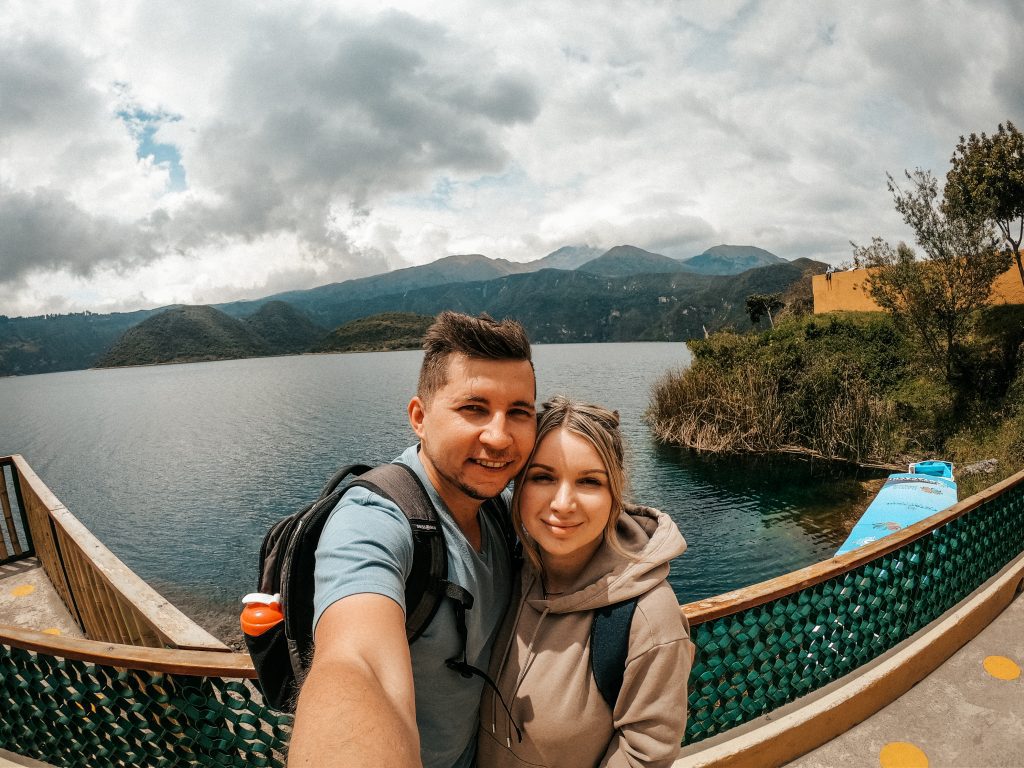
7. Explore the Amazon Jungle and Dip in the Natural Waterfall Pool Near Puyo
Exploring the Amazon jungle is absolutely possible, especially if you’re in the Baños area. We arranged a full-day Amazon Jungle tour through a local firm, and it was an unforgettable 11-hour adventure.
The tour included visiting an indigenous family, a canoe excursion, lunch at a jungle hut, a hike through the rainforest, a thrilling tree-top swing, bird watching, and even swimming beneath a waterfall. Each part of the day added something unique to the experience, making it a true highlight of our trip.
Before our canoe adventure, we had the chance to visit an indigenous family who welcomed us with traditional music and shared a native drink called Chicha. They even painted our faces and gave us a lesson in hunting with a blow dart, showing us the skills they’ve passed down through generations. We also learned about their methods of crafting clothing and jewelry—a memorable and immersive experience that gave us a glimpse into their unique way of life.
After our time with the indigenous tribe, we set off on a paddle canoe journey down the Puyo River. The ride was challenging—the water was icy, and the canoe wobbled with every movement. Still, it was absolutely worth the adventure!
Once we finished the canoe trip, we had a well-deserved lunch at a jungle lodge before heading out for more hiking. Our naturalist guide shared fascinating insights about the rainforest, its flora, and wildlife along the way. The hike was no easy stroll, as this was untamed jungle terrain, but it made the experience feel even more authentic and thrilling.
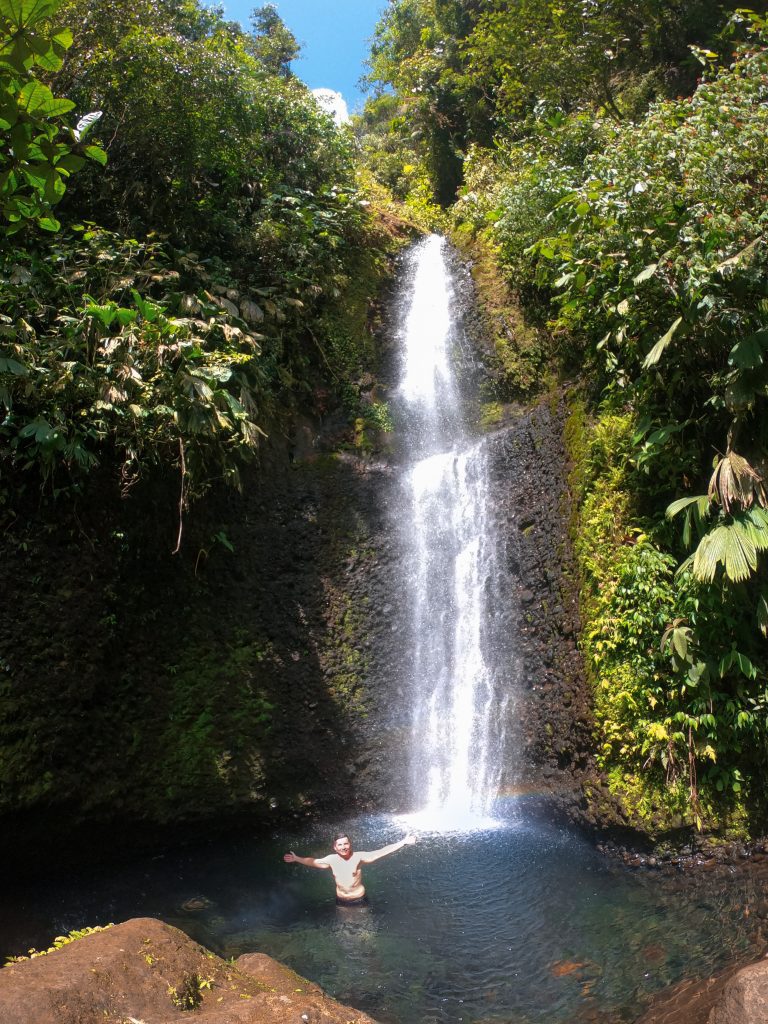
Our final stop on the tour was at the waterfalls, where we enjoyed an incredible swim in the chilly Amazon waters. It was the perfect way to unwind, soaking in the cool water and the peaceful ambiance of the jungle—a refreshing and unforgettable end to an adventurous day.
8. Visit Traditional Indigenous Cities and Markets
Indigenous communities are an integral part of Ecuador’s rich history and culture. Visiting indigenous towns and markets, like those in Otavalo, adds depth to any journey through the country, offering insights into traditions that have been preserved for generations. It’s an experience that’s definitely worth the trip.
Otavalo is a famous market town in northern Ecuador, sitting at about 2,500 meters above sea level and surrounded by lush green hills. We had heard stories of the Otavaleños, an indigenous community that still honors their ancestors’ customs and traditions. We could have spent the entire day roaming the streets, captivated by the people in their traditional attire and the vibrant atmosphere of the town.
Exploring the Otavalo market and discovering the native handicrafts is an enriching way to learn about Otavaleño culture and traditions. This market is a must-visit, so if you’re in Quito, it’s well worth booking a day tour to experience all that Otavalo has to offer.
9. Try out the Swing at the End of the World
The Swing at the End of the World gained fame on social media, quickly turning it into a popular tourist spot. Located at the base of a mountain at Casa del Arbol, it offers an incredible view over the town of Baños.
Although the swing is set on a slope rather than a cliff, it can still feel a bit daunting. Over the years, though, it’s been enhanced for safety, so you can enjoy the thrill along with the stunning scenery.
You can relax and fully enjoy the ride, as the swing is equipped with a backrest and seatbelt for added security. The ropes are high-quality climbing ropes, securely fastened to a sturdy metal pole rather than tree branches.
This swing offers a once-in-a-lifetime experience—and, of course, a perfect photo opportunity! When planning your trip to Ecuador, be sure to add this unforgettable stop to your itinerary.
10. Discover the Equator Line in the Middle of the World
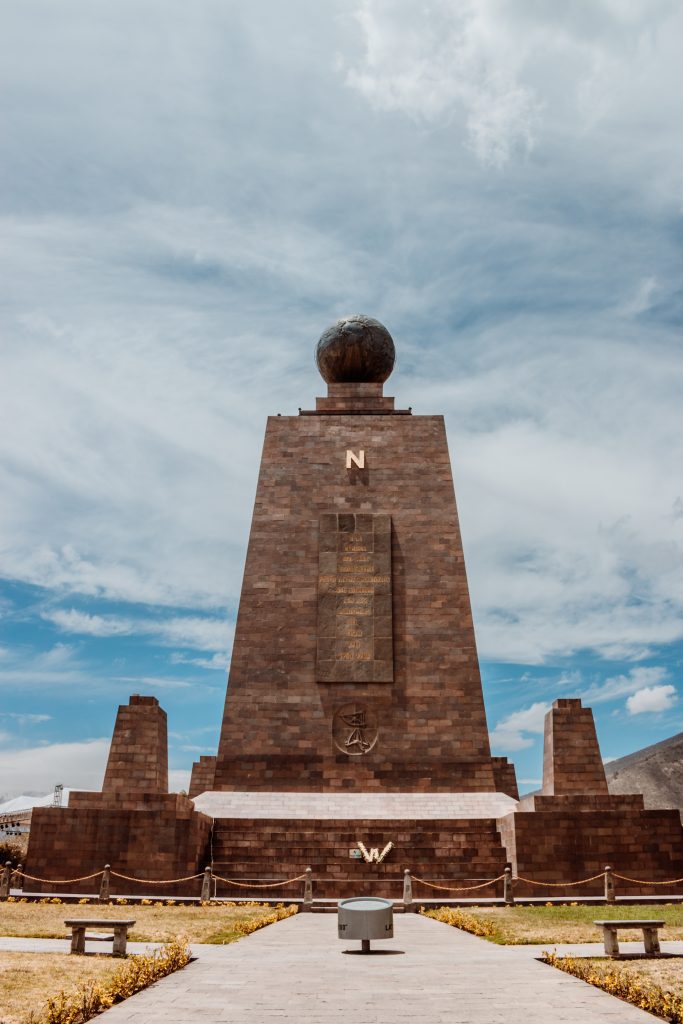
If you head north of Quito, Ecuador’s capital, you’ll come across a place with deep symbolic meaning for the country: Ciudad Mitad del Mundo, or the Middle of the World.
This expansive park was designed to showcase the exact location of the equatorial line, identified in the 18th century by a French-Spanish geodesic mission. It’s a fascinating spot where you can stand with one foot in each hemisphere—an experience you won’t want to miss!
Since its creation, this line has attracted countless tourists who love to snap photos with one foot in each hemisphere, capturing the symbolic transition across the equator.
Interestingly, further research has shown that this site isn’t the actual equator—it’s located about 240 meters south of the true line. Still, it remains a celebrated landmark, representing the halfway point of the world and offering a unique experience for visitors.
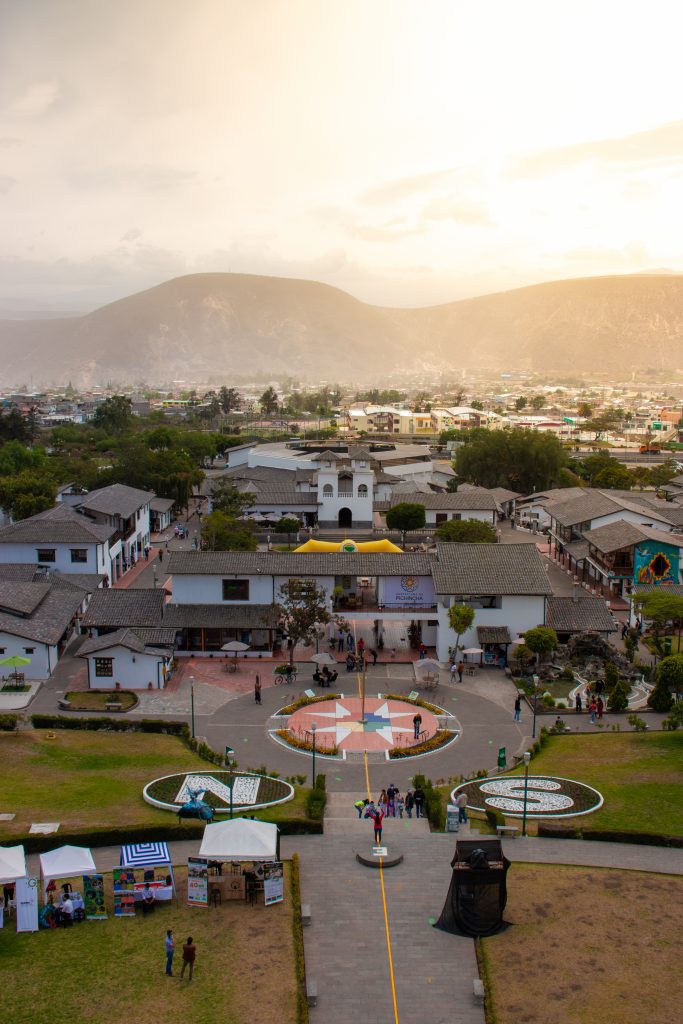
Despite the slight offset from the true equator, the location is fascinating, and we had a great time taking photos on the equatorial line. It’s also a fun spot to experiment with gravity—definitely worth a visit!
11. Recharge on Galapagos Tranquil Beaches
The Galápagos Islands are home to some of the world’s most unique wildlife and also some of the most beautiful beaches we’ve ever seen. We loved spending time on the pristine shores, soaking in the scenery and getting to interact with the incredible wildlife—it was truly unforgettable.
Some of the gorgeous and unique beaches we love in the Galapagos are:
- Tortuga Bay, Santa Cruz Island
- Puerto Chino Beach, San Cristobal
- Bartolome Island
- El Garrapatero
- Puerto Villamil, Isabela Island
- Post Office Bay, Floreana Island
- Red San Beach, Rabida Island
We highly recommend visiting the said beaches to maximize your wonderful time in Galapagos.
12. Bird Watching
Ecuador is a birdwatcher’s paradise, home to an impressive 1,600 bird species. Each region—the Amazon Basin, the Andes, the Pacific Coast, and the Galapagos—offers a unique habitat where rare and endemic bird species thrive, making Ecuador an essential destination for bird enthusiasts.
The Galápagos Islands are a dream destination not only for beach lovers but also for bird watchers. With such a variety of unique species, you can easily tick off a significant number of birds on your list just by exploring these remarkable islands.
Another fantastic bird-watching destination we recommend is Mindo. Located in Ecuador’s Cloud Forest, Mindo is a key birding site in the country, offering a unique environment where you can spot an incredible variety of species.
Thanks to its warm climate and lush natural landscape, Mindo is a year-round haven for birds. It’s home to around 500 bird species and supports a diverse range of other wildlife, including a remarkable variety of butterflies.
13. Spend a Whole Day Exploring Ecuador National Parks
Ecuador is home to numerous national parks dedicated to preserving its unique flora and fauna, all open for visitors to explore and appreciate.
One of the most memorable national parks we visited was Cotopaxi National Park. We hiked up to the top of the Cotopaxi volcano and camped in the refuge—a truly unforgettable experience. For those who prefer a less intense adventure, nearby trails offer fantastic hiking and biking options without the risk of ascending the peak.
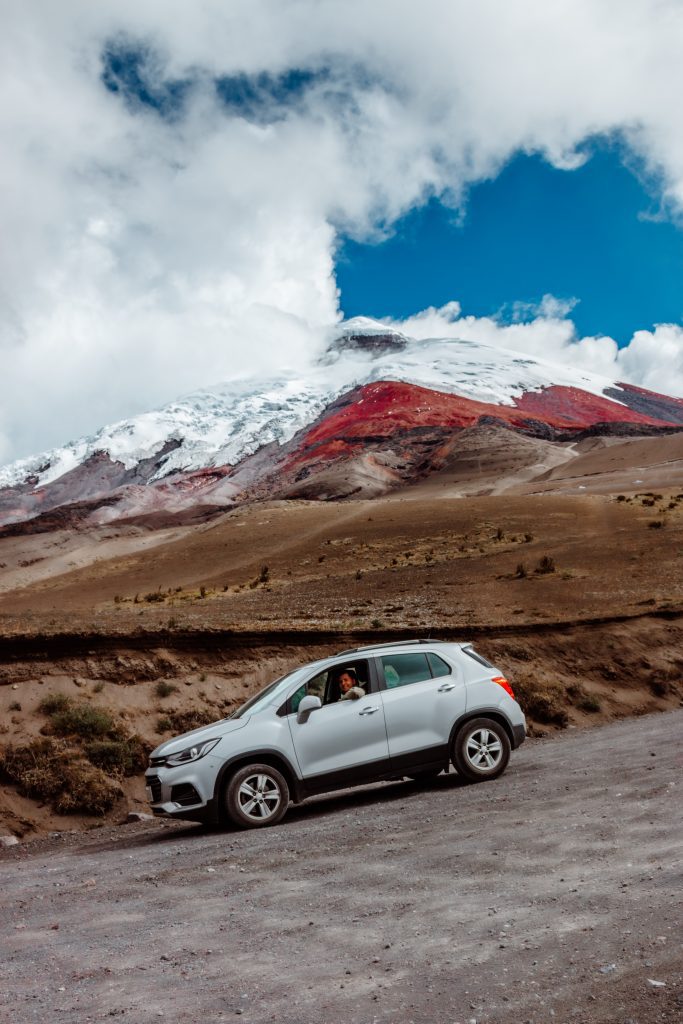
Cajas National Park is also a must-see destination.
Cajas National Park, located just 30 kilometers west of Cuenca, is easy to visit and perfect for a day trip with plenty of walking trails. If you’re up for more adventure, you can also camp overnight and even try your hand at fishing in its serene lakes.
If you’re a fan of trekking and exploring beautiful high-altitude trails, Cajas National Park is a must for your Ecuador travel plans.
The Galapagos Islands, another can’t-miss destination, are also designated as both a National Park and a UNESCO World Heritage Site, making them a unique natural wonder to include in your itinerary.
As home to countless unique and endangered species, the Galapagos Islands implement rigorous monitoring for all visitors. Tourists are asked to cooperate fully in efforts to protect this delicate environment, ensuring that future generations can enjoy its wonders.
14. Indulge in the Panoramic Landscapes of the Galapagos
One of the most unforgettable views we had in the Galapagos was from Bartolome Island. Standing there, taking in the sweeping panoramic landscape, felt like being in a postcard. If you’re visiting the Galapagos, don’t miss this spot—it’s one of those views that stays with you long after the trip ends.
At the heart of the Galapagos archipelago lies the uninhabited island of Bartolome. Known for offering the best panoramic views in the region, it’s considered the most iconic spot and a must-do experience in the Galapagos.
Pinnacle Rock, formed from an eroded tuff cone, is the most iconic natural structure in the Galapagos. At its base, a small colony of penguins, sea lions, and marine birds coexist, adding to the unique charm of the area. Visiting the nearby beach, we were thrilled to spot young sharks swimming close to shore, and now and then, a hawk would glide overhead—a remarkable glimpse into the archipelago’s rich wildlife.
15. Wander Around the City of Cuenca and Eat Cuy
Cuenca, Ecuador, with its beautiful colonial architecture, has long been celebrated for its rich intellectual, artistic, and philosophical heritage.
The city is also known for its lively festivals, distinctive cuisine, and breathtaking surroundings, making it a captivating destination that beautifully blends tradition with creativity.
As you wander through Cuenca, you may spot small, roasted animals on sticks, about the size of a chicken, and wonder what they are. Locally known as cuy, this regional delicacy is actually guinea pig. Although a bit pricey, cuy is usually enjoyed on special occasions, adding a unique and traditional taste to the local culinary experience.
Cuy is traditionally cooked whole over an open grill. It’s a dish that people either love or avoid altogether! If you’re curious about Ecuador’s unique flavors, be sure to check out our full guide on Ecuadorian food for more insights into the country’s culinary scene.
16. Be One with Nature at Cuyabeno Wildlife Reserve
The Cuyabeno Wildlife Reserve, Ecuador’s second-largest reserve, is located in the Amazon. To reach this remote and rich ecosystem, you’ll cross three rivers: Cuyabeno, Aguarico, and San Miguel. What makes Cuyabeno particularly unique is its network of small river branches, which bring you up close to the onshore wildlife—a fantastic experience for nature lovers and wildlife enthusiasts.
There’s so much to love about Cuyabeno—staying in a lodge deep in the rainforest, falling asleep to the sounds of wild animals, and even swimming in rivers inhabited by large creatures make it an unforgettable experience.
Beyond the breathtaking landscapes and wildlife, meeting the local communities added a personal touch to our visit. The residents were incredibly welcoming, inviting us into their homes with such warmth. I learned firsthand about their daily lives and how they support their families, which gave me a deeper appreciation for the region.
17. Bike Or Drive Throughout the Waterfall Route in Baños
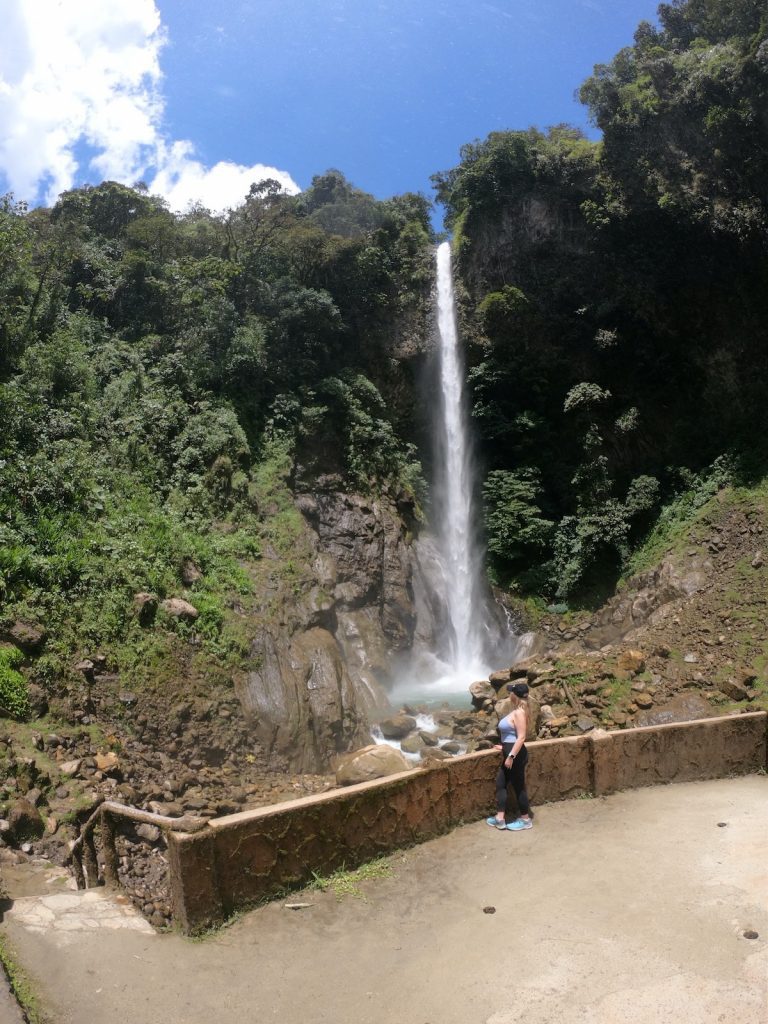
We were told that along the Waterfall Route, you can spot anywhere from seven to twelve waterfalls. The most notable ones you’re likely to encounter include the double waterfall Manto de la Novia (or Bride’s Veil), Cascada Agoyan, Cascada Agollan, Cascada la Piedra, Machay Waterfall, and, of course, the impressive Cascada Pailón del Diablo. Each of these falls adds to the beauty and thrill of this unforgettable route.
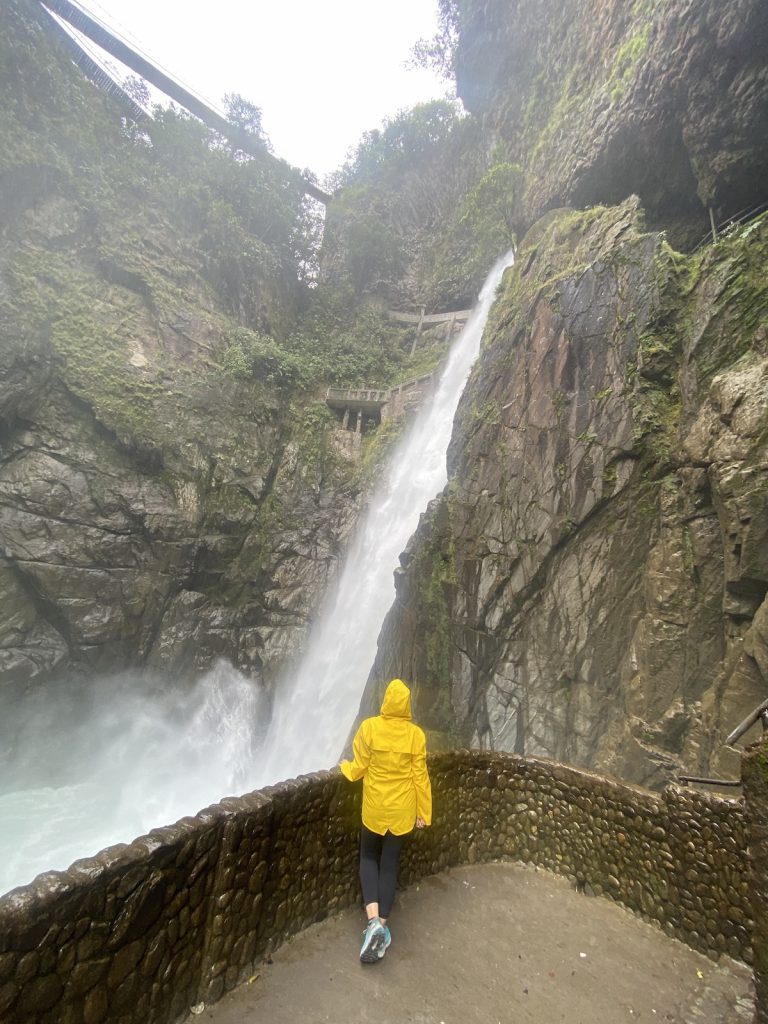
If biking the Ruta de las Cascadas isn’t your style, you can join a tour instead. These tours often use Chiva buses—vibrant, open-air party buses that add a festive vibe to the journey, complete with upbeat music. It’s a fun, lively way to experience the waterfalls along the route!
18. Get a Real Amazon Experience
For budget-friendly Amazon experiences, Tena is a fantastic starting point. Located right on the edge of the rainforest, it offers easy access and affordable jungle excursions.
One of the most unforgettable activities in Ecuador’s Amazon is rafting through this lush landscape, and Tena is the top spot for it. Rafting here was a one-of-a-kind experience—I loved every moment of it.
Many rafting tours also include basic lodge accommodations in the rainforest near Tena and can be extended over several days, allowing for more jungle hikes and a deeper exploration of the area.
19. Visit the Neo-Gothic Basílica del Voto Nacional
The Neo-Gothic Basilica del Voto Nacional stands proudly in the heart of Quito, Ecuador’s capital. Perched on a hill that separates North Quito from the downtown area, this impressive structure can be seen from nearly every part of the city, making it a prominent feature of Quito’s skyline.
For me, the most captivating and unusual features of the Basilica are its gargoyles, stained-glass windows, and acroteria. What makes them so special is that, instead of traditional mythological creatures, they’re carved to depict Ecuador’s native plants and animals. It was amazing to see creatures like iguanas and tortoises adorning a Neo-Gothic cathedral—such a beautiful blend of Ecuadorian nature with classic architecture that I hadn’t seen anywhere else.
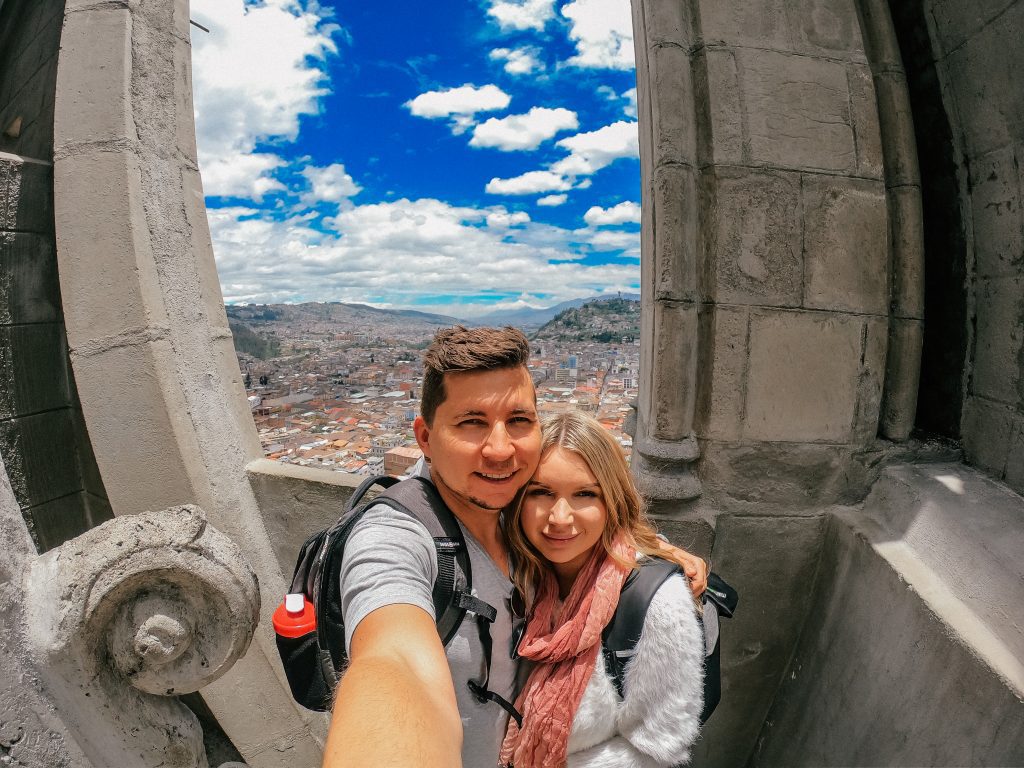
If you’re afraid of heights or prone to vertigo, I wouldn’t recommend climbing to the top of the Basilica—the ascent can be intense. But if you’re up for it, the view from the top is absolutely worth every step, offering a breathtaking panorama that rewards the effort.
20. Ride the TelerefiQo and Try to Climb the Pichincha Volcano
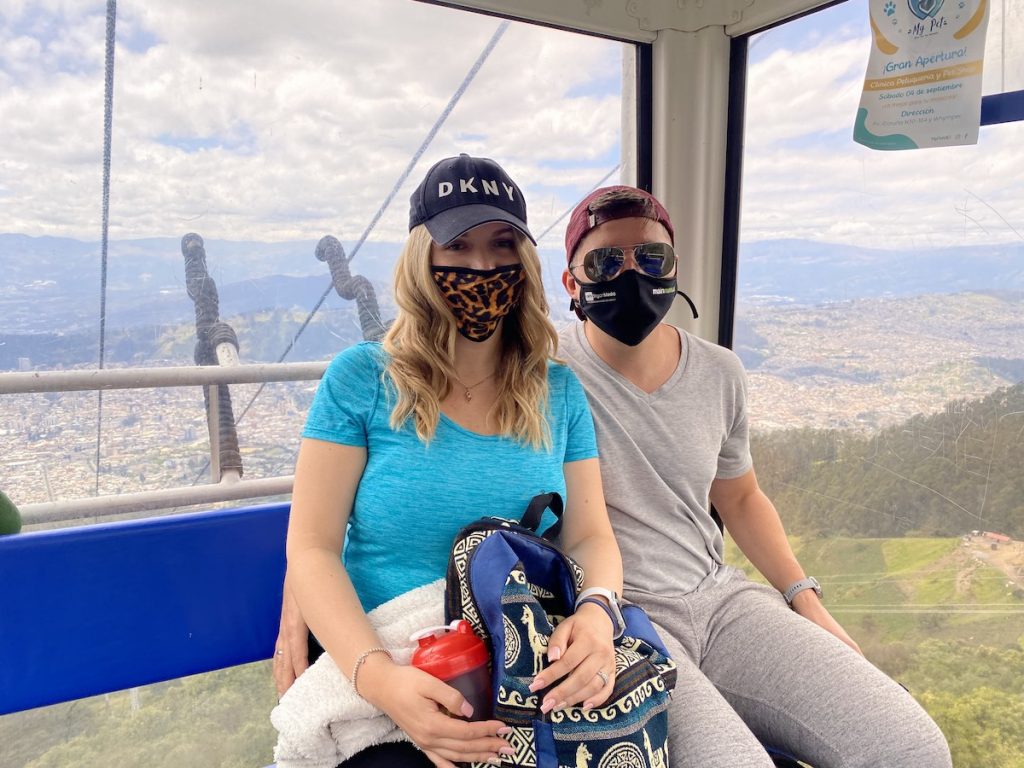
One of the best ways to take in Quito’s stunning landscape is by riding the Quito Teleferico, one of the highest aerial lifts in the world. Once you reach the top, you’ll be rewarded with breathtaking views, and if you’re feeling adventurous, you can take on the challenge of climbing Pichincha Volcano, which stands at 4,784 meters. It’s a true accomplishment if you’re up for it!
If riding the Teleferico isn’t enough, you can gear up and try climbing Pichincha Volcano.
Just outside Quito lies the Rucu Pichincha volcano. Hiking up Rucu Pichincha from the TeleferiQo drop-off point took us about three to four hours. It’s a challenging trek, but the experience and the views along the way made it absolutely worthwhile.
The walk to the top of Rucu Pichincha is around 10 kilometers (6 miles) long and will take 3-4 hours.
The trail isn’t particularly well marked (with trail markers frequently facing backward), but there have been enough people to trample a trail.
21. Pose for a Photo at Finca Mirador Induchuris
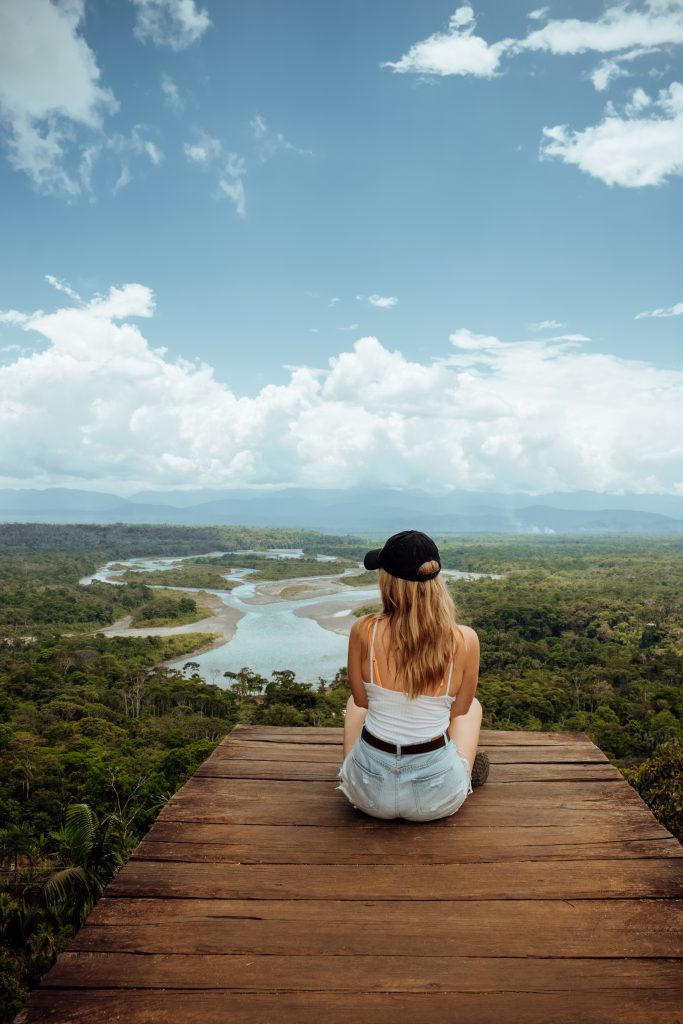
Finca Mirador Indichuris, about an hour from Puyo in the Amazon jungle, offers one of the most breathtaking views in the region. It’s a stunning spot where you can truly take in the vastness and beauty of the Amazon.
At Indichuris, we explored the small caves, climbed the mountain, and, like many other visitors from across Ecuador and South America, took in the stunning view from the top. People eagerly line up to capture the perfect photo of the landscape, and we patiently waited our turn to walk the plank and get that unforgettable shot.
Trust me, while each activity is amazing on its own, knowing how to combine them makes for an unforgettable journey! Want an expertly planned itinerary that balances cultural sites with natural wonders and adventure activities? Get a FREE quote from my recommended local agency. Your booking supports this blog and local Ecuadorian businesses.
While waiting for our turn to snap that perfect photo, we relaxed in the hammocks, soaking in the peaceful surroundings. For those looking for an extra thrill, there’s also a swing at the top that adds an adventurous twist to the experience—perfect for a bit of fun with an amazing view!
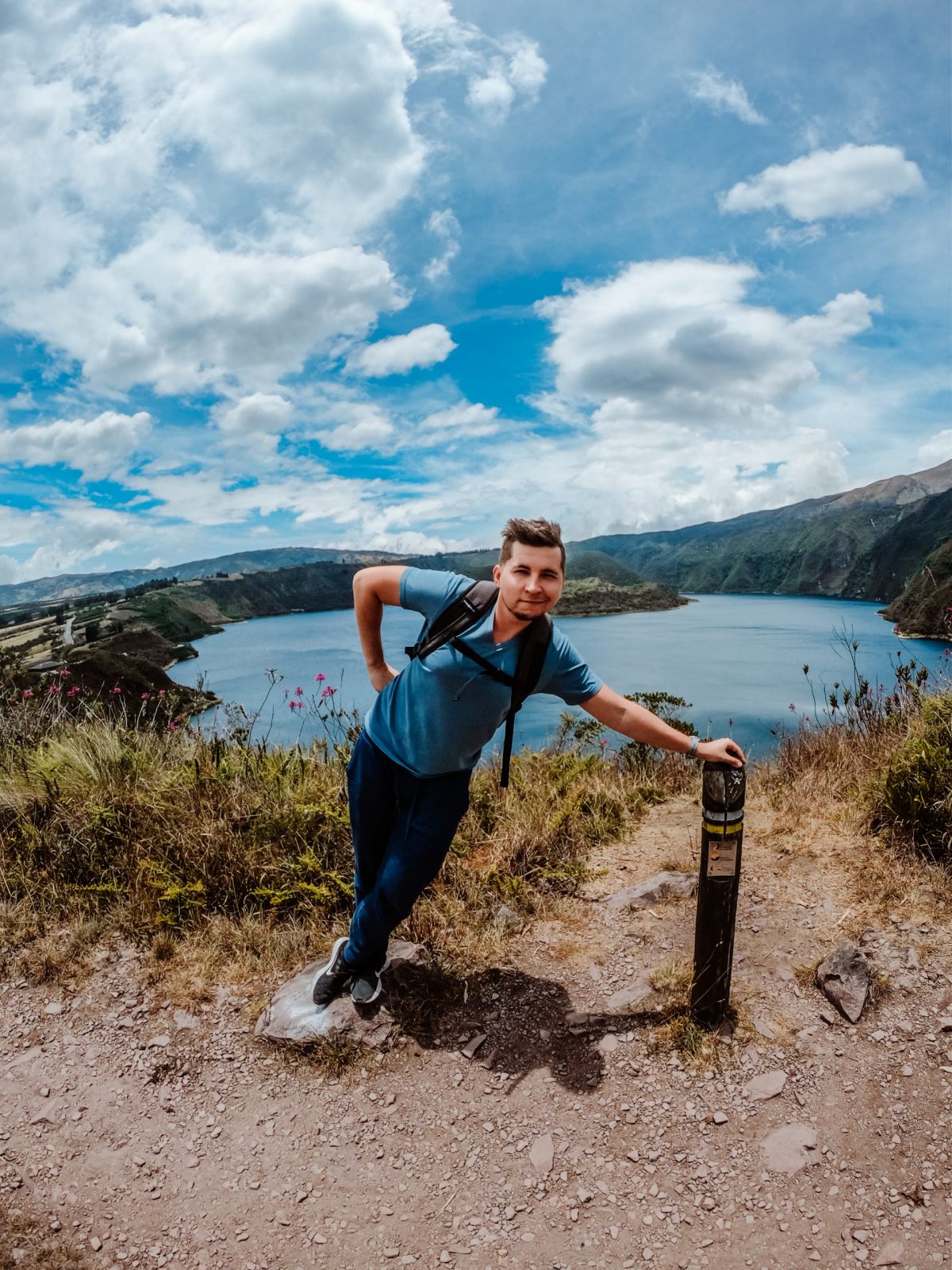
Planning trip to Ecuador?
My wife and I rented a car for 15 days and traveled from the northern part of Ecuador to the south, visiting amazing cities like Quito, Otavalo, Baños, Cuenca, and Guayaquil. Along the way, we explored iconic places such as Cotopaxi National Park, Quilotoa Lake, and many more breathtaking destinations.
Not many blogs cover traveling in Ecuador in detail, so I spent nearly three weeks creating this comprehensive Ecuador travel guide based on our trip. It’s packed with everything you need to know, and honestly, I consider it the best free travel guide about Ecuador out there.
If you’re planning a trip to Ecuador, don’t forget to use my link for discounted hotel prices through Booking.com. It’s a great way to support my blog while saving money on your accommodations!
Conclusion
The activities we’ve shared are just a glimpse of what Ecuador has to offer. There are countless other experiences waiting to be discovered, making it a perfect destination for travelers of all interests.
Ecuador’s diverse landscapes and rich culture make it an unforgettable place to spend your holiday. And if you’re planning to visit the Galapagos Islands, you’re in for even more unique adventures—we’ve covered everything you can explore there in a separate article!

